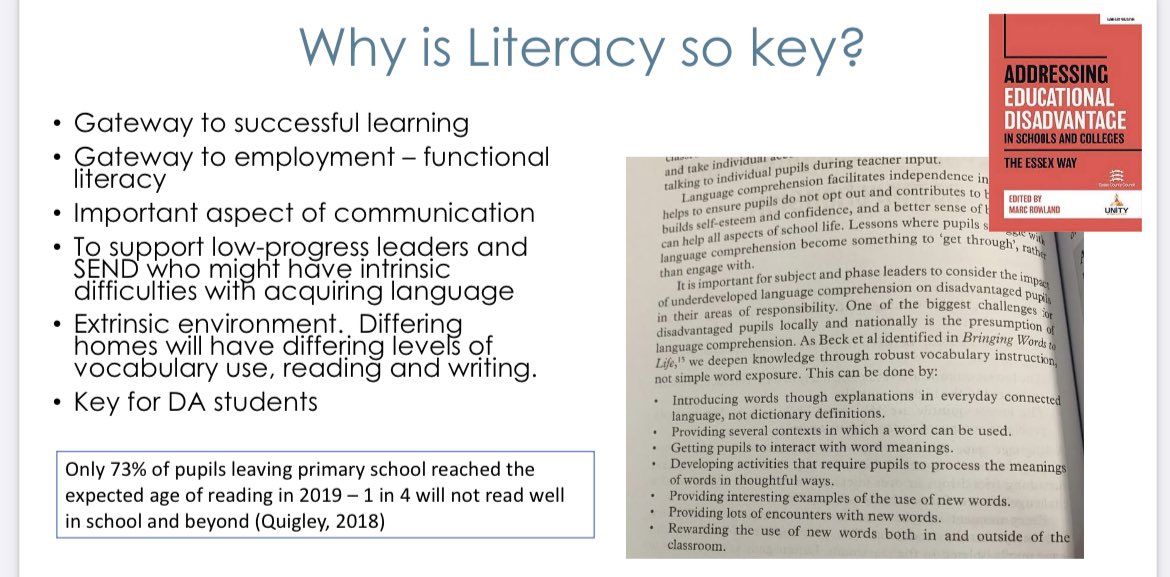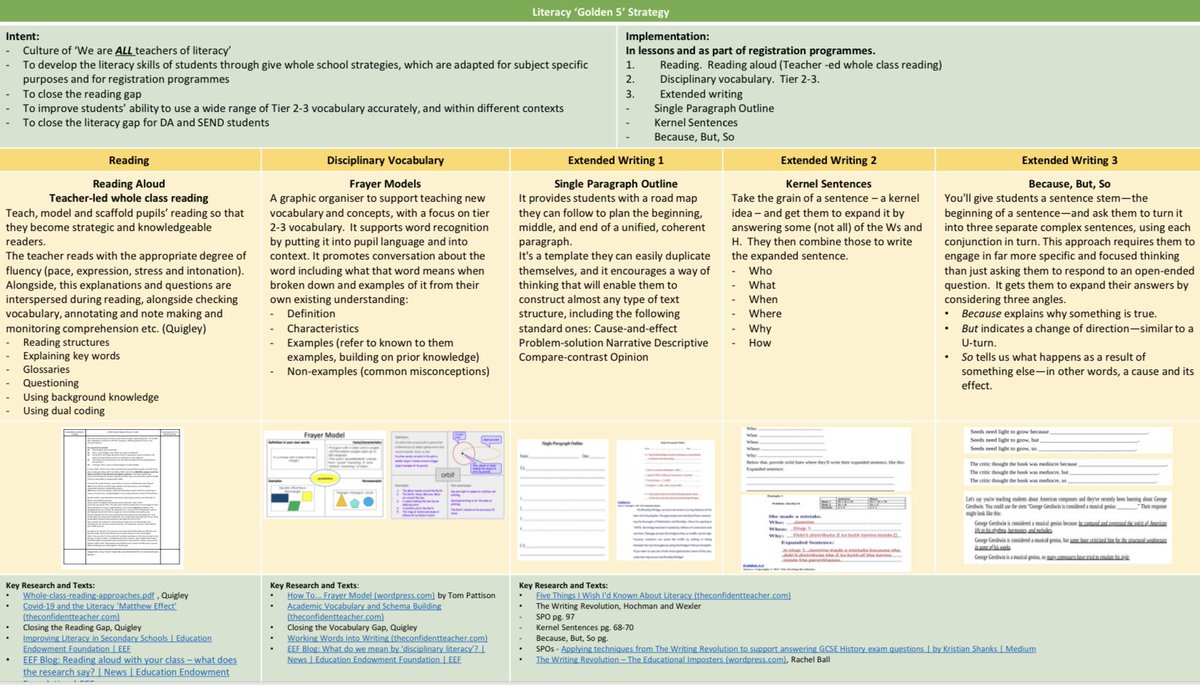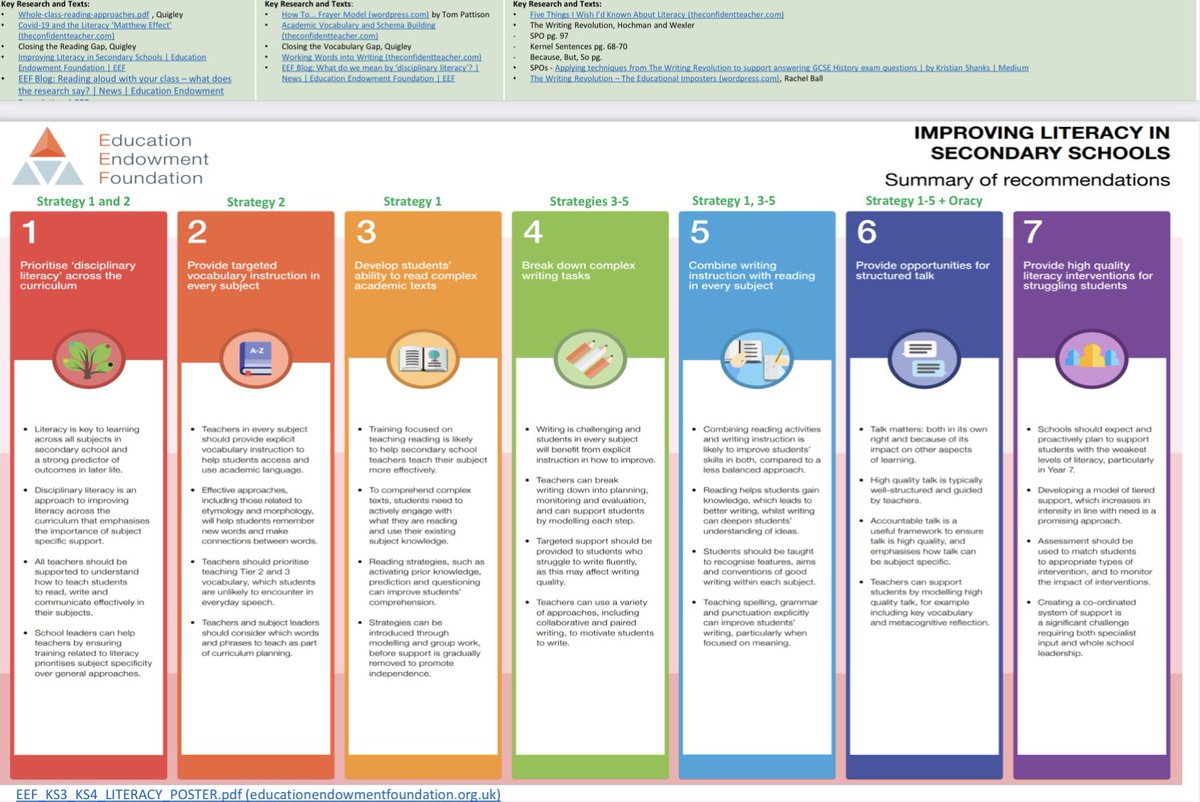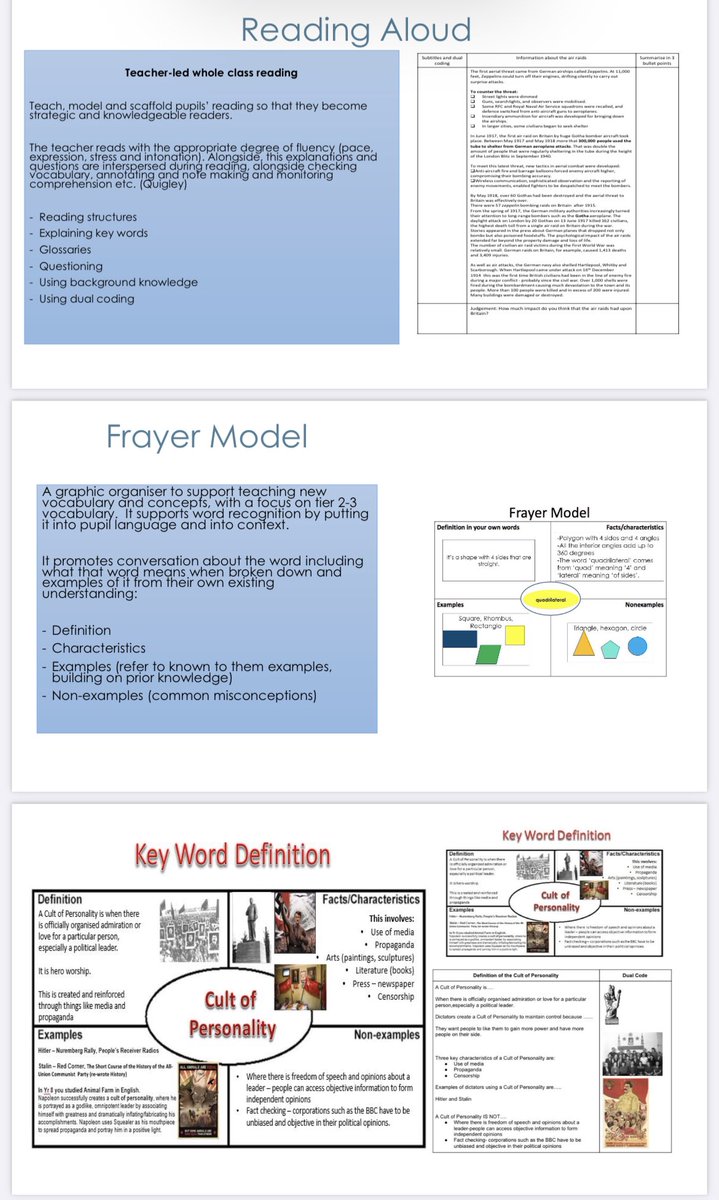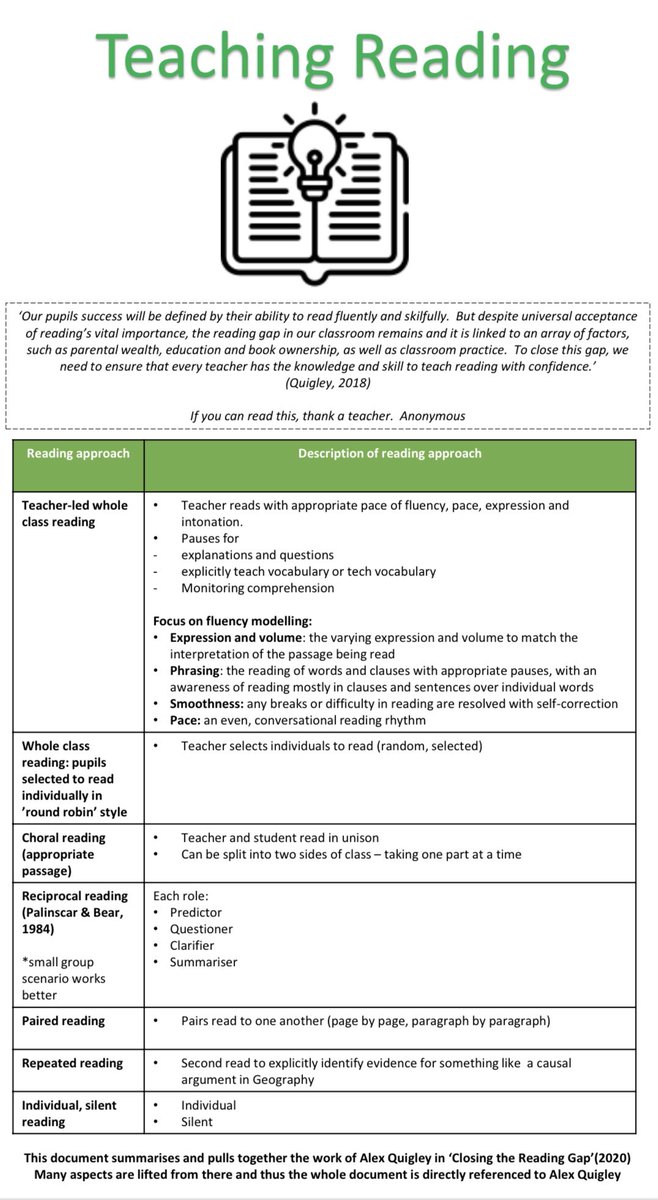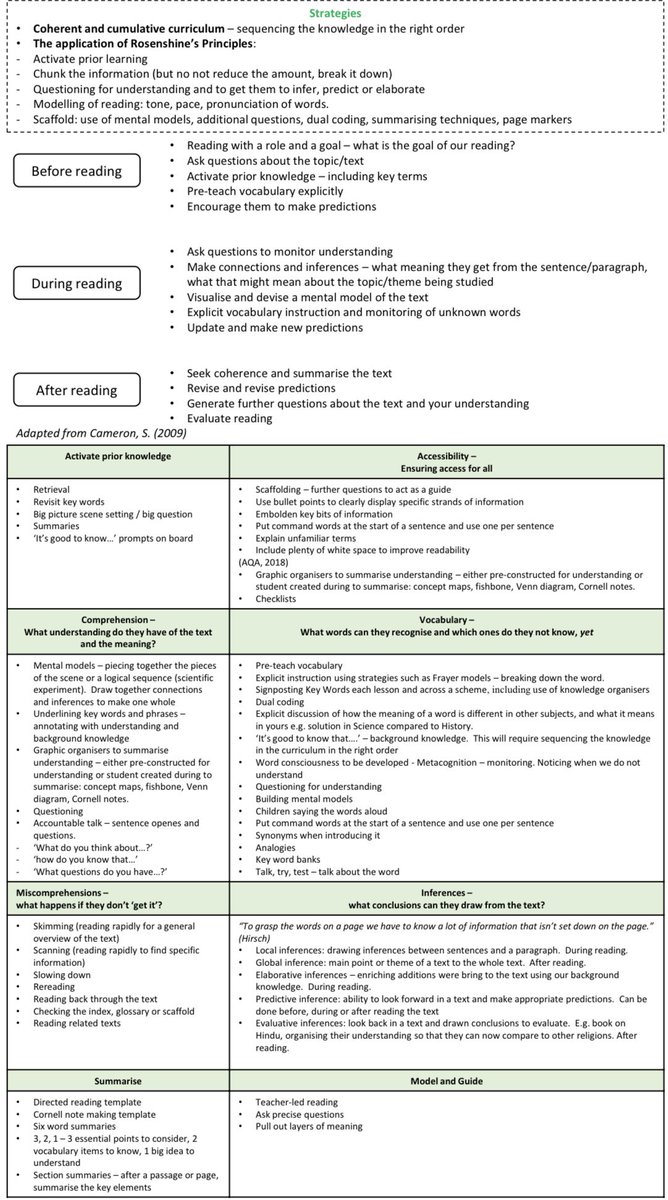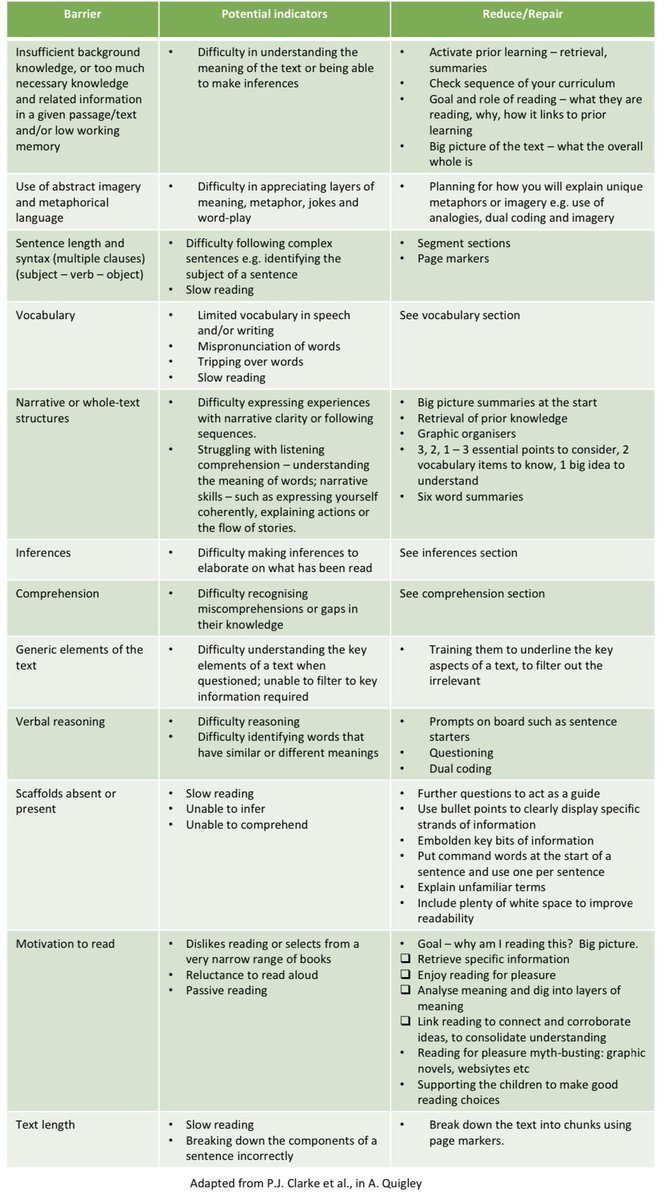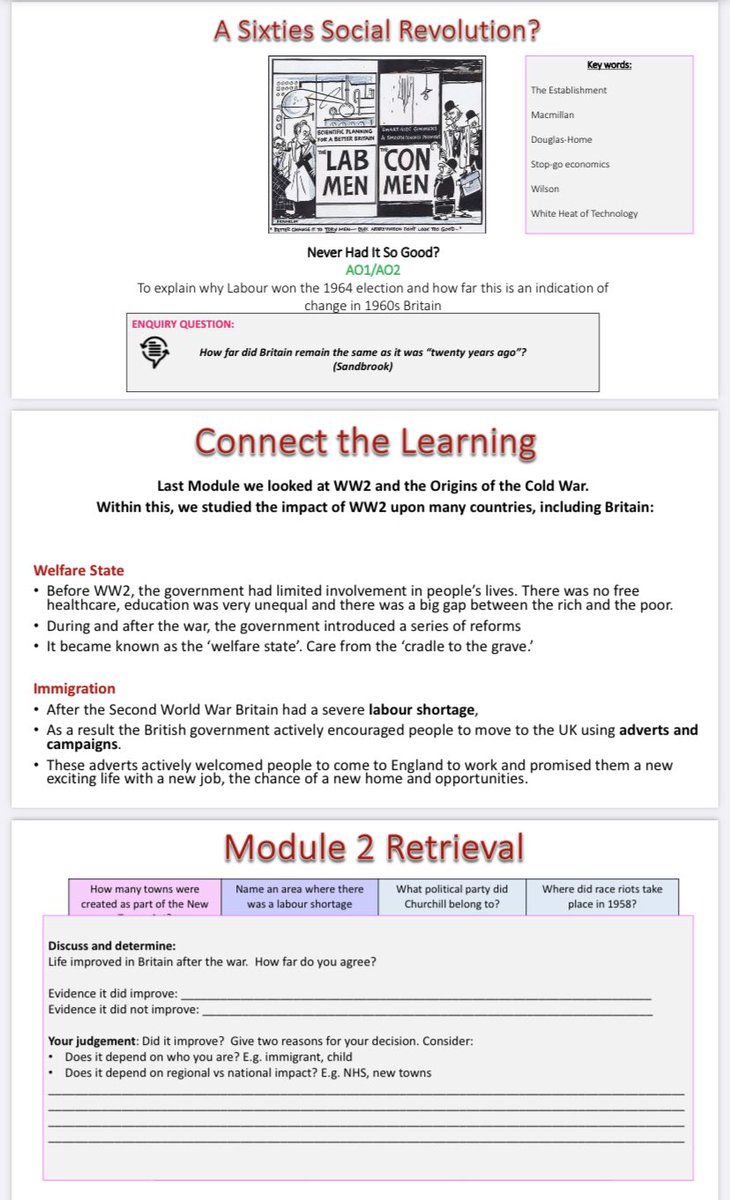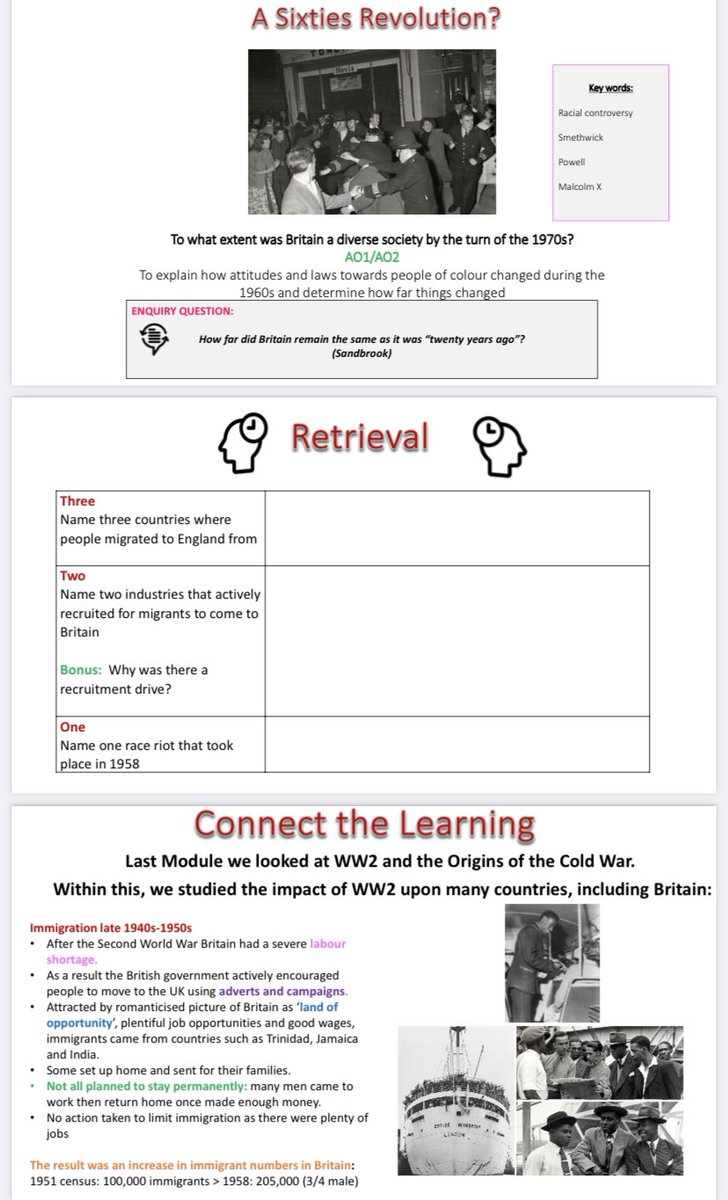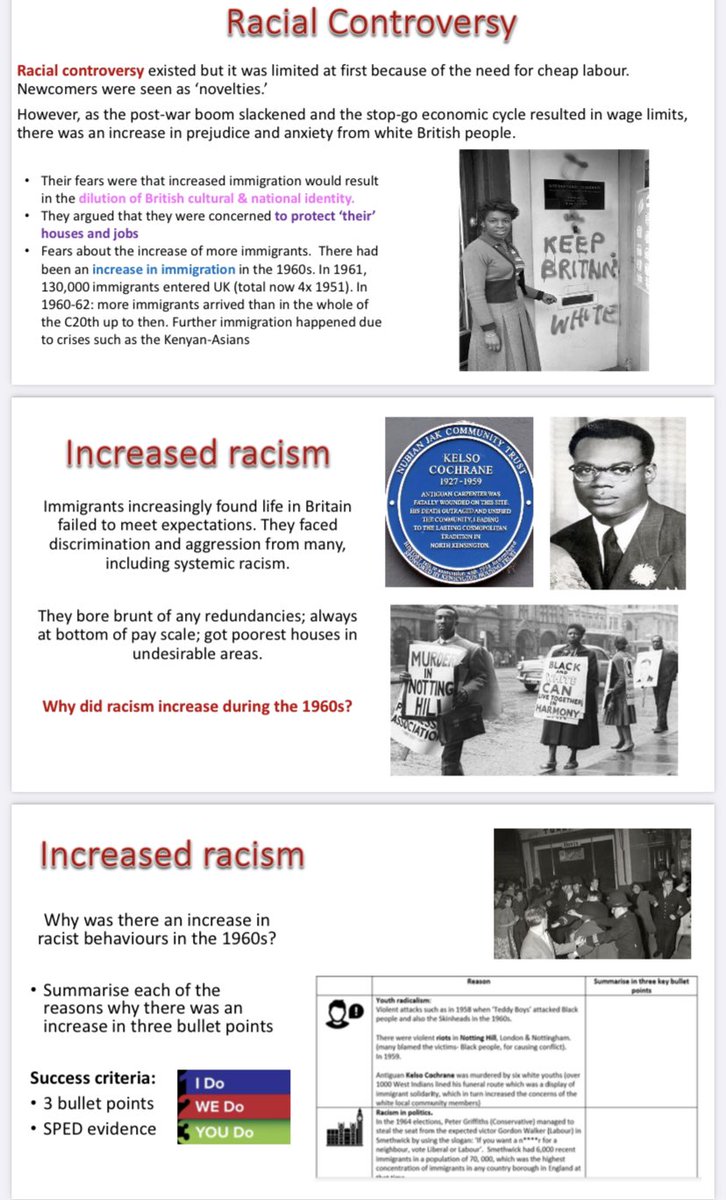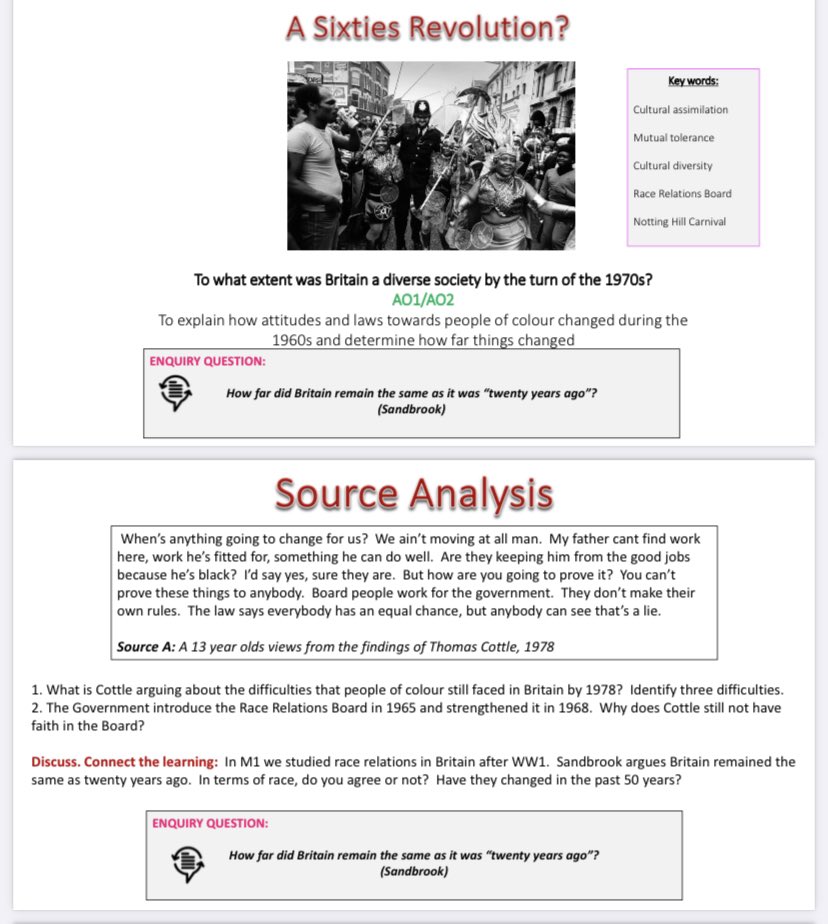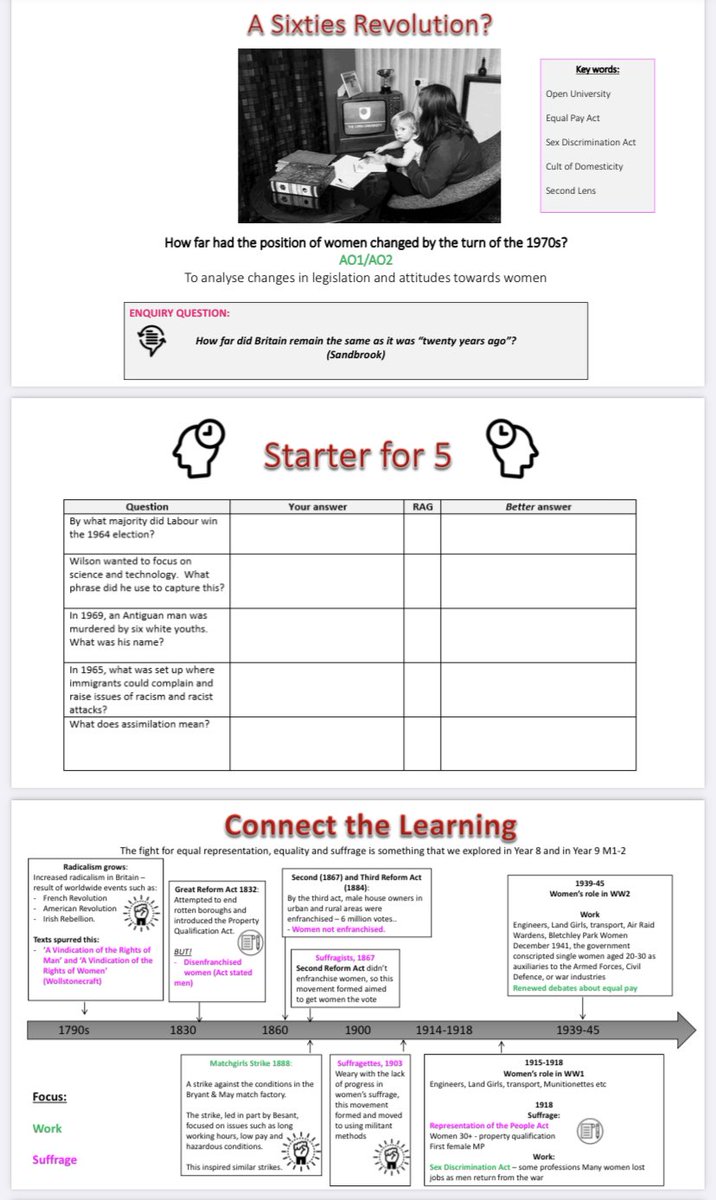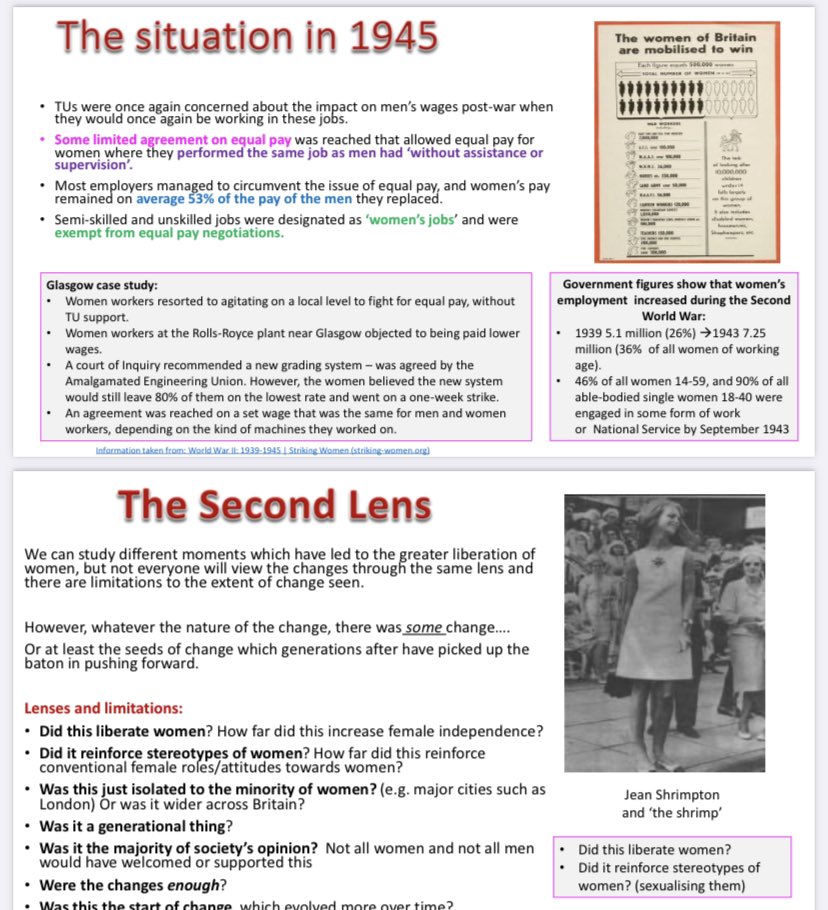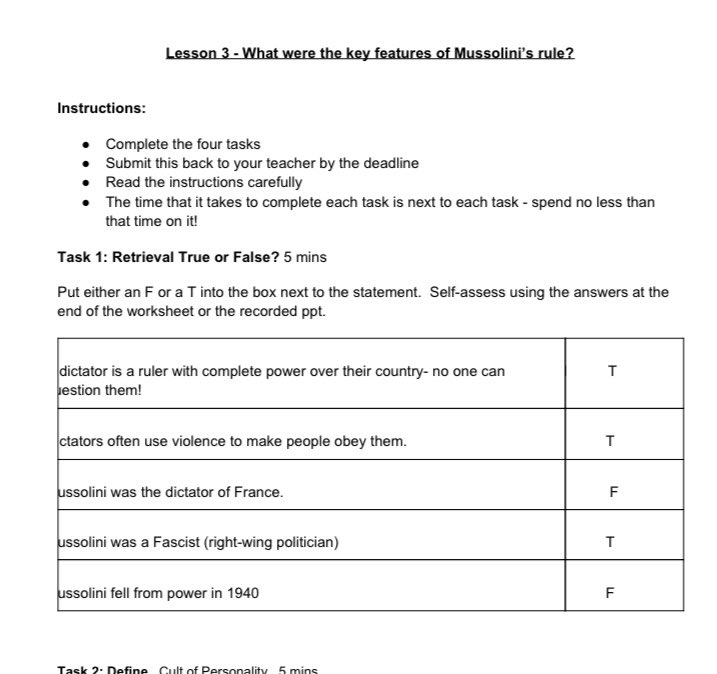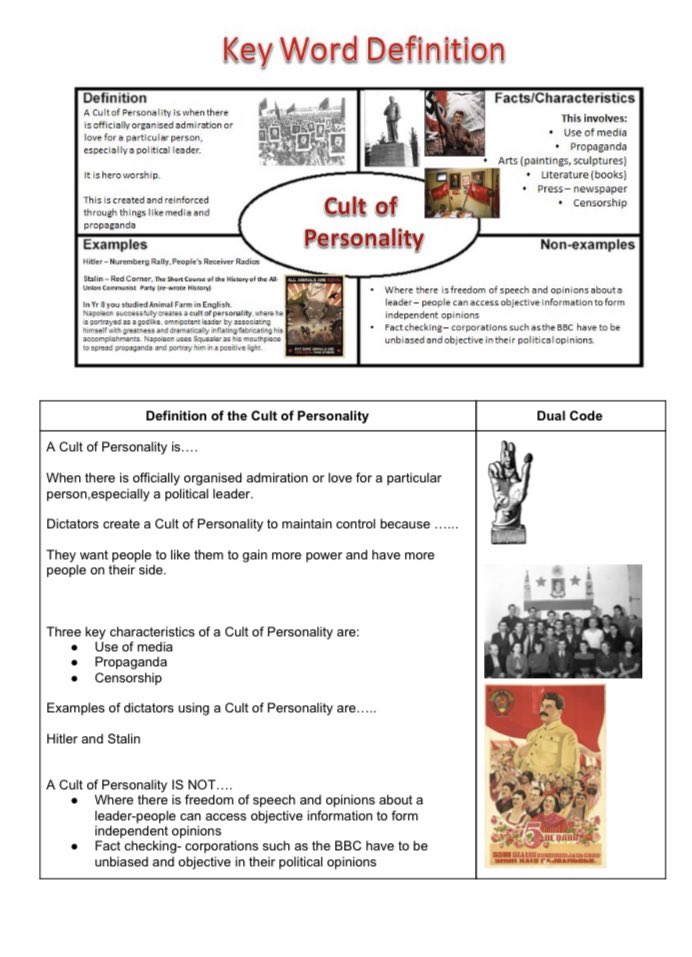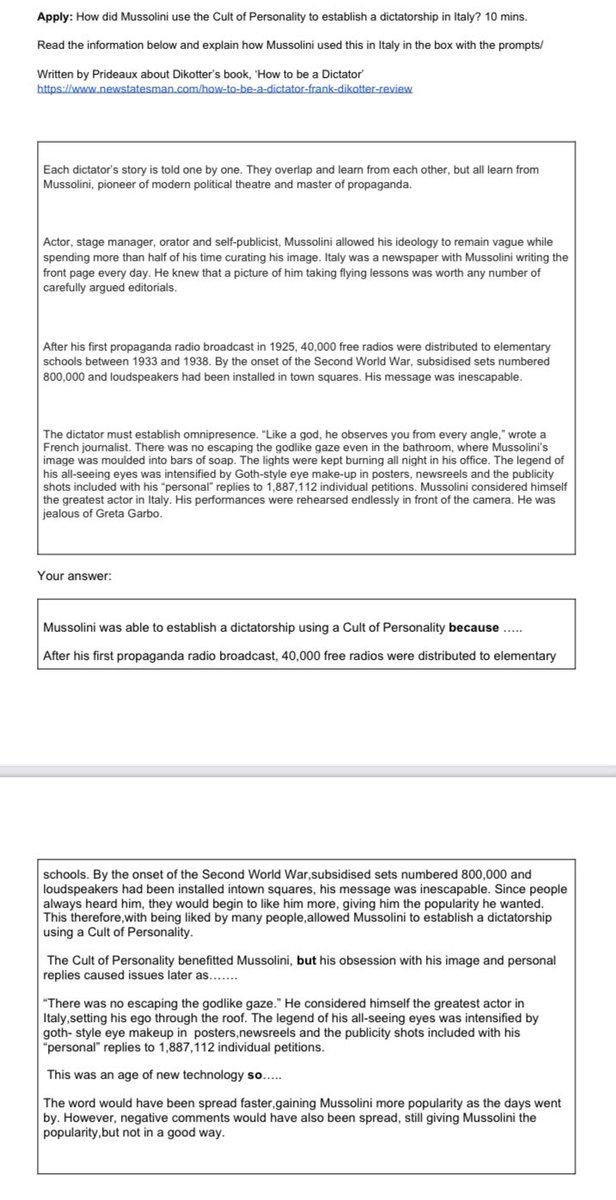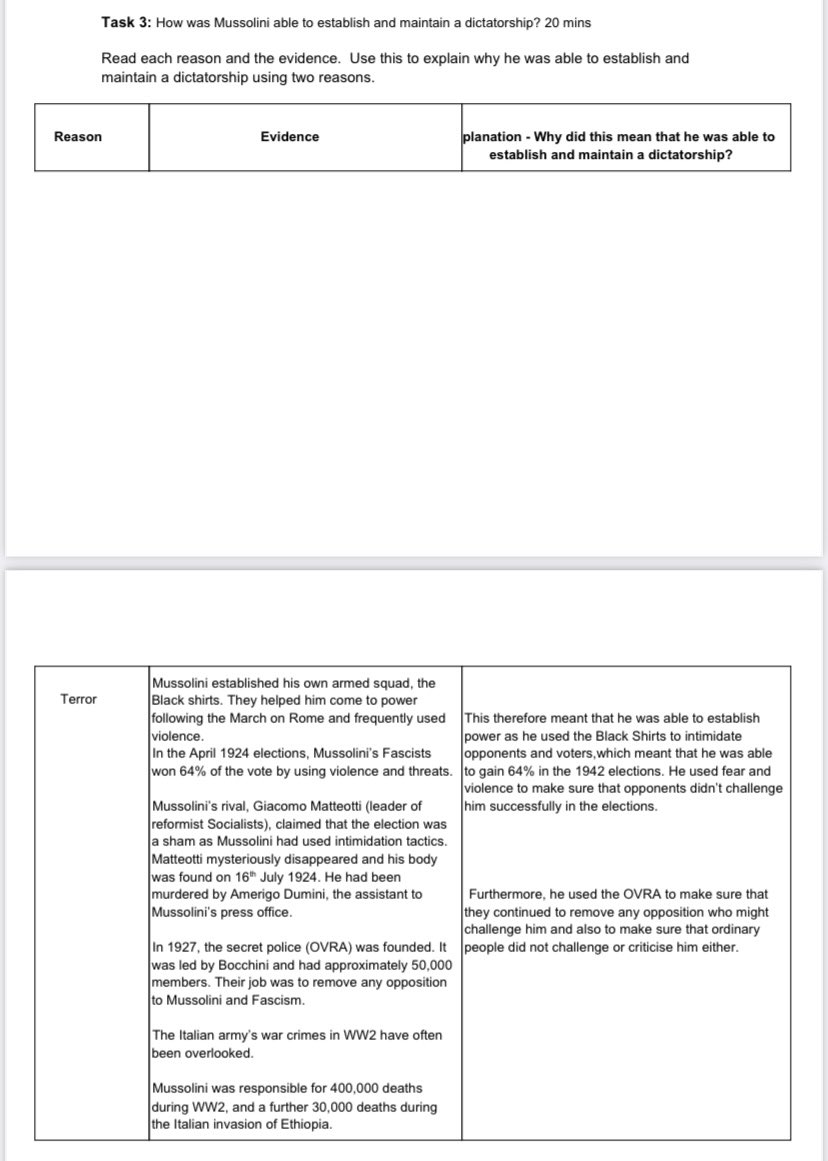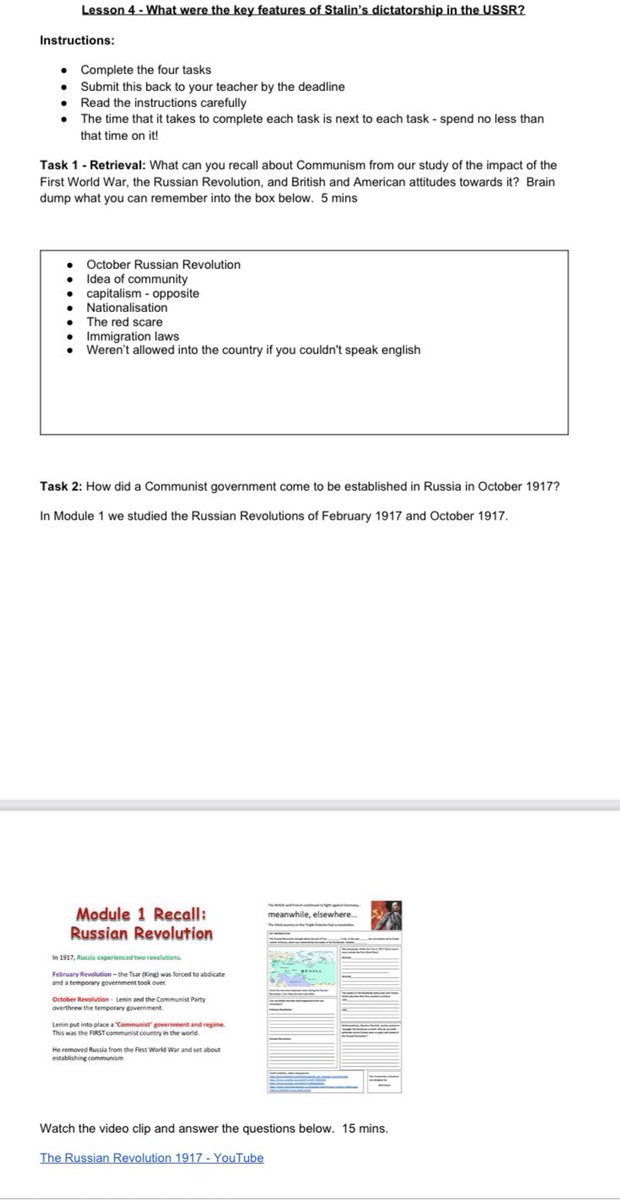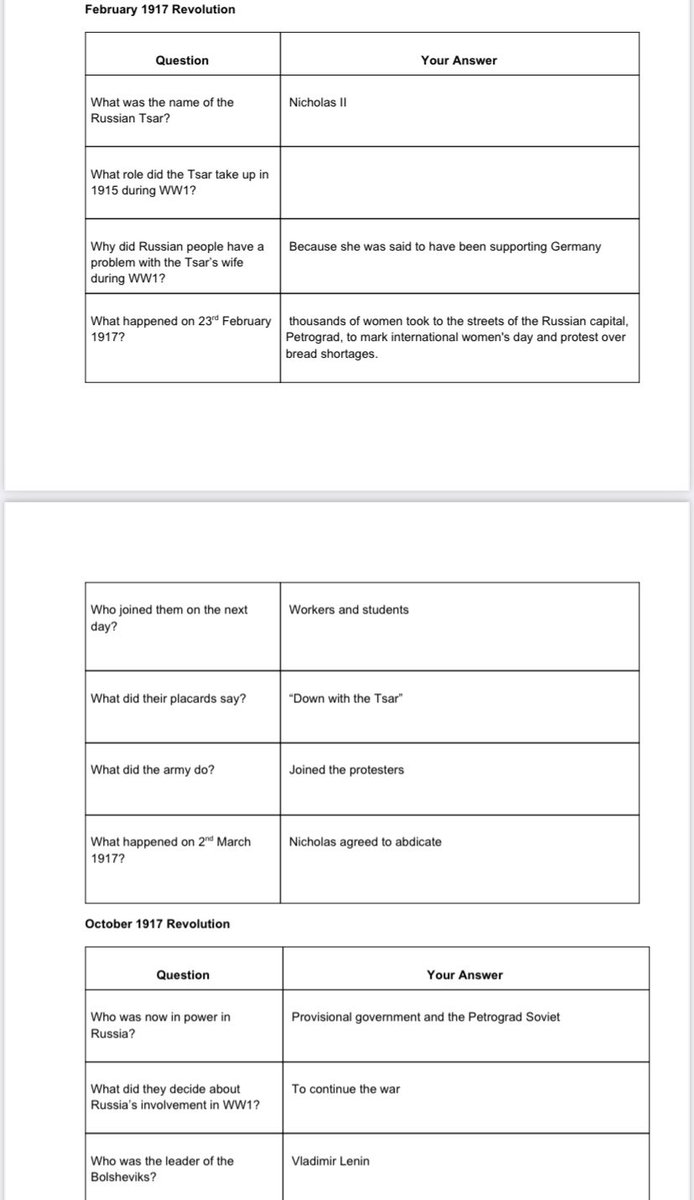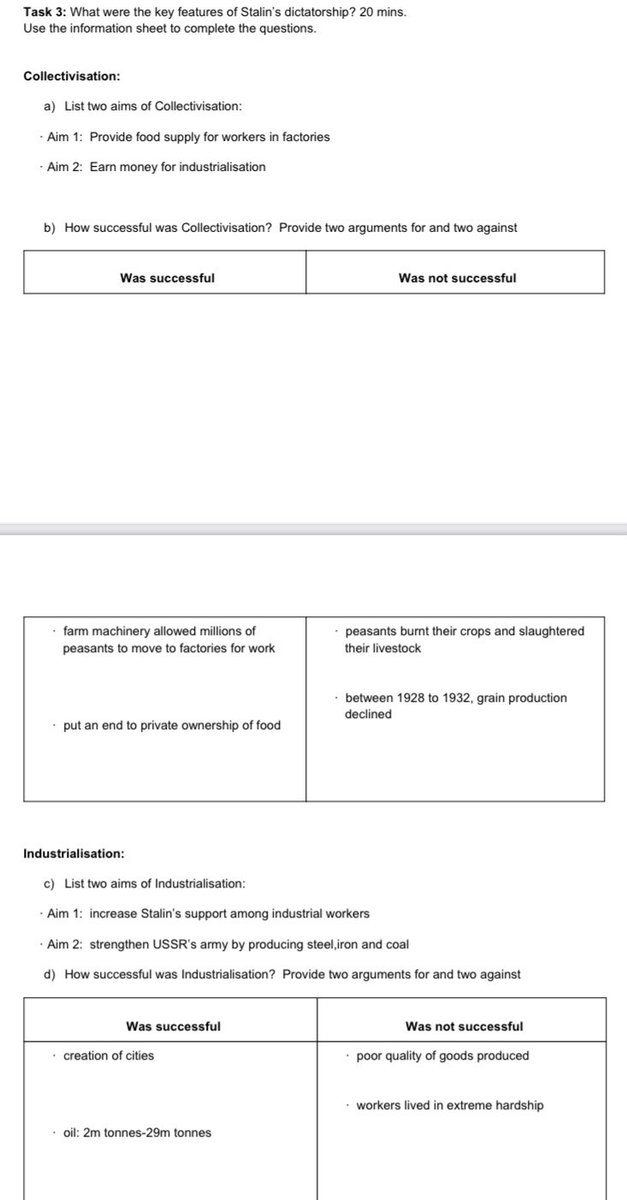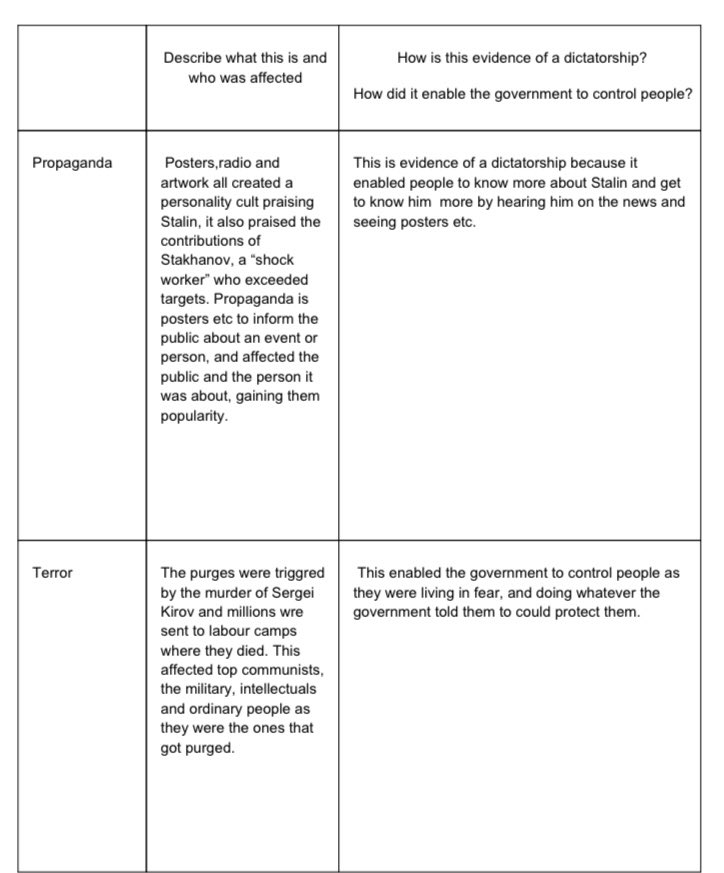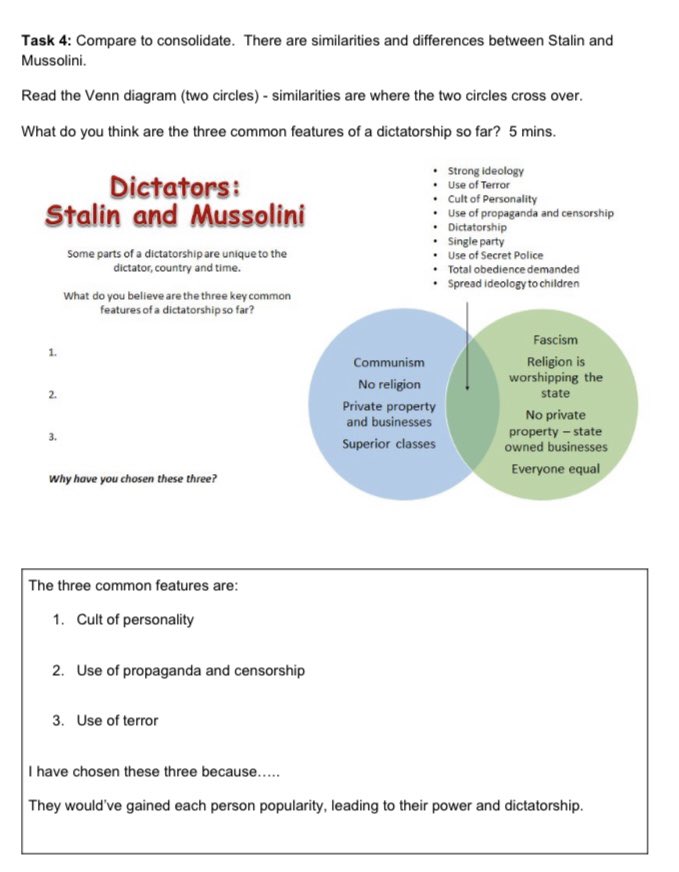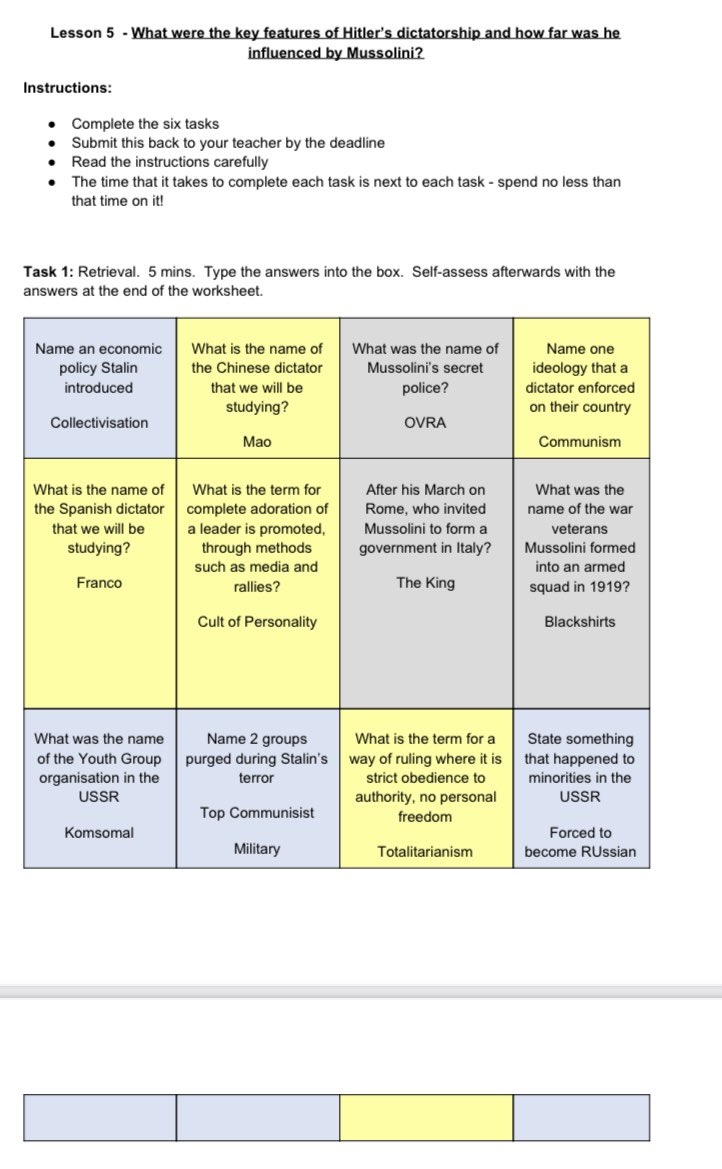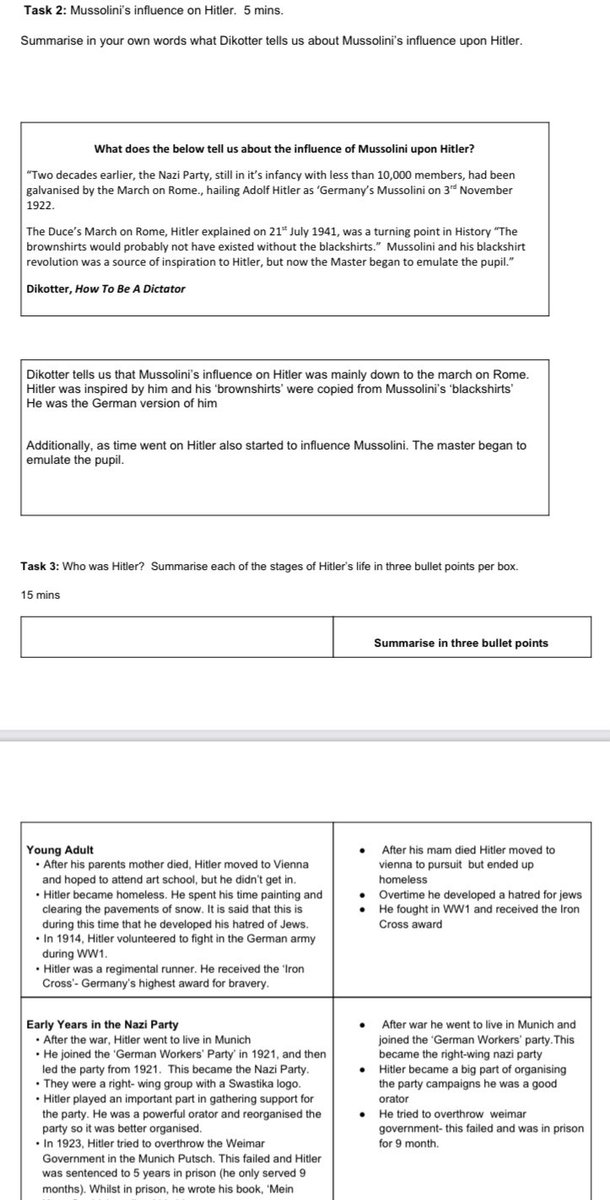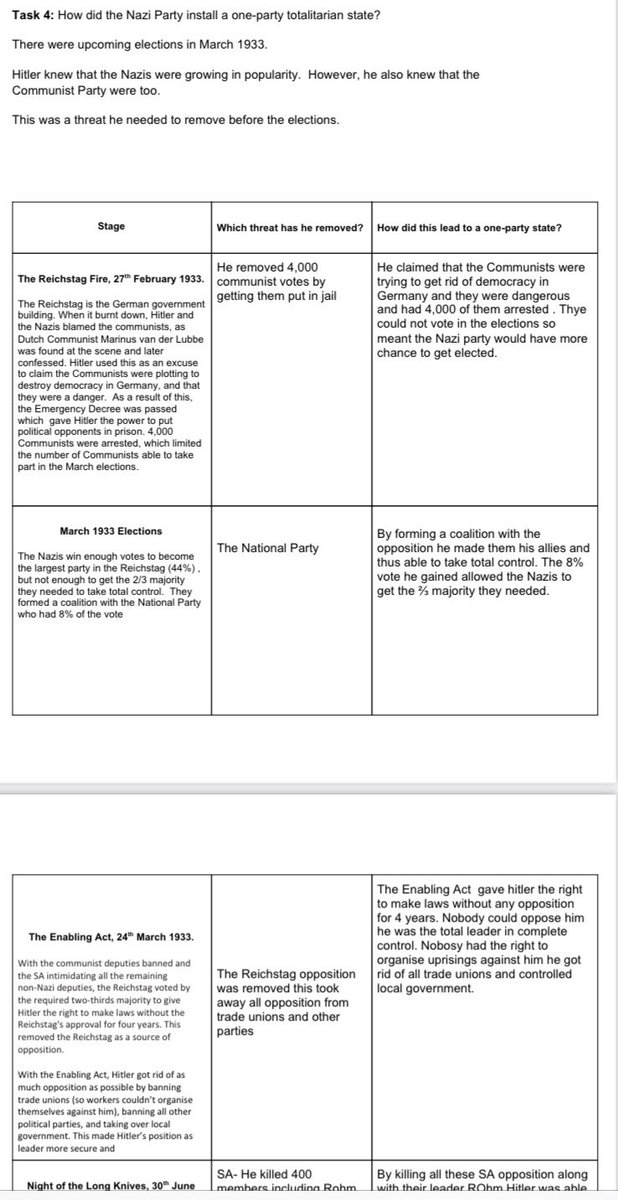‘Golden 5’ secondary literacy strategy @researchED1 #rED23
A 3 year whole school strategy to create a culture of ‘We are ALL teachers of literacy’ - promoting love of reading and empowering teachers to effectively thread disciplinary literacy into their curric and practice 1/10


A 3 year whole school strategy to create a culture of ‘We are ALL teachers of literacy’ - promoting love of reading and empowering teachers to effectively thread disciplinary literacy into their curric and practice 1/10
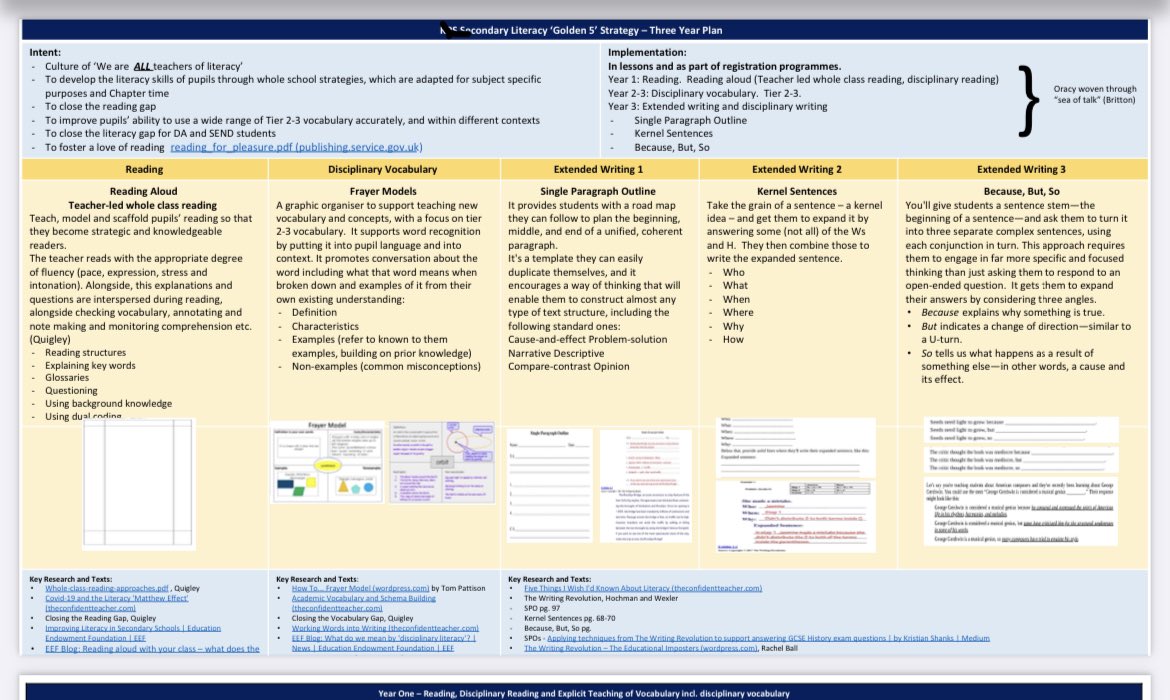
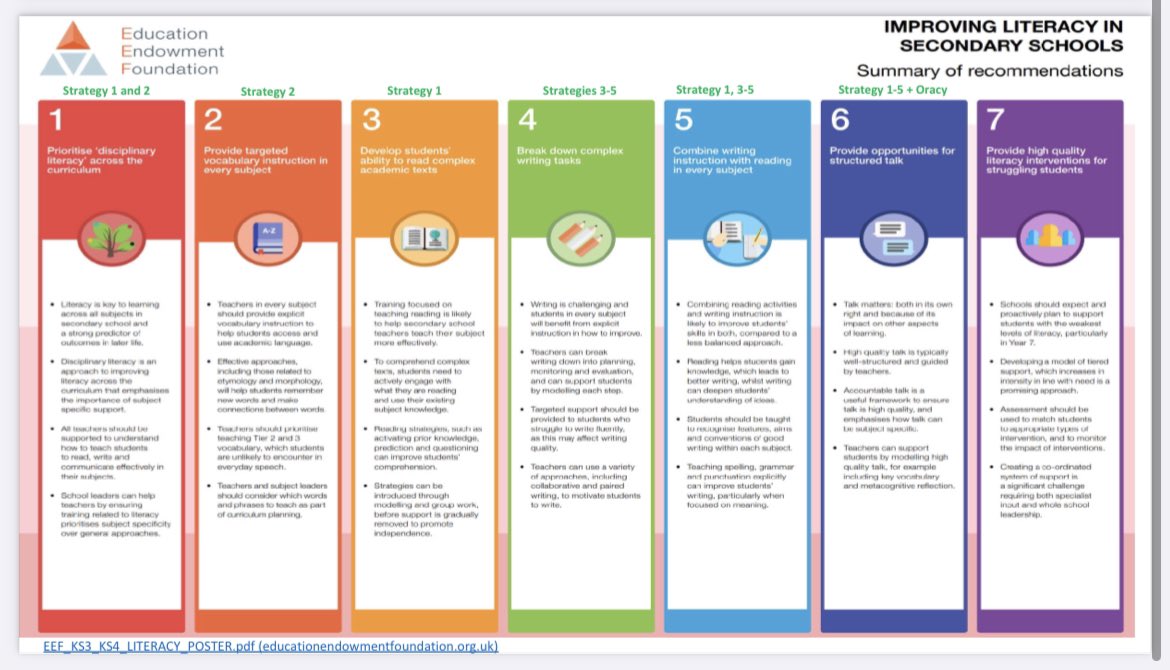
Our 5 approaches are part of whole school programmes and subject curriculum&pedagogy. Our yr1 focus: reading.
All pupils access the universal offer.
Post-reading tests and diagnostic testing, so pupils access either targeted and specialist interventions 2/10
All pupils access the universal offer.
Post-reading tests and diagnostic testing, so pupils access either targeted and specialist interventions 2/10
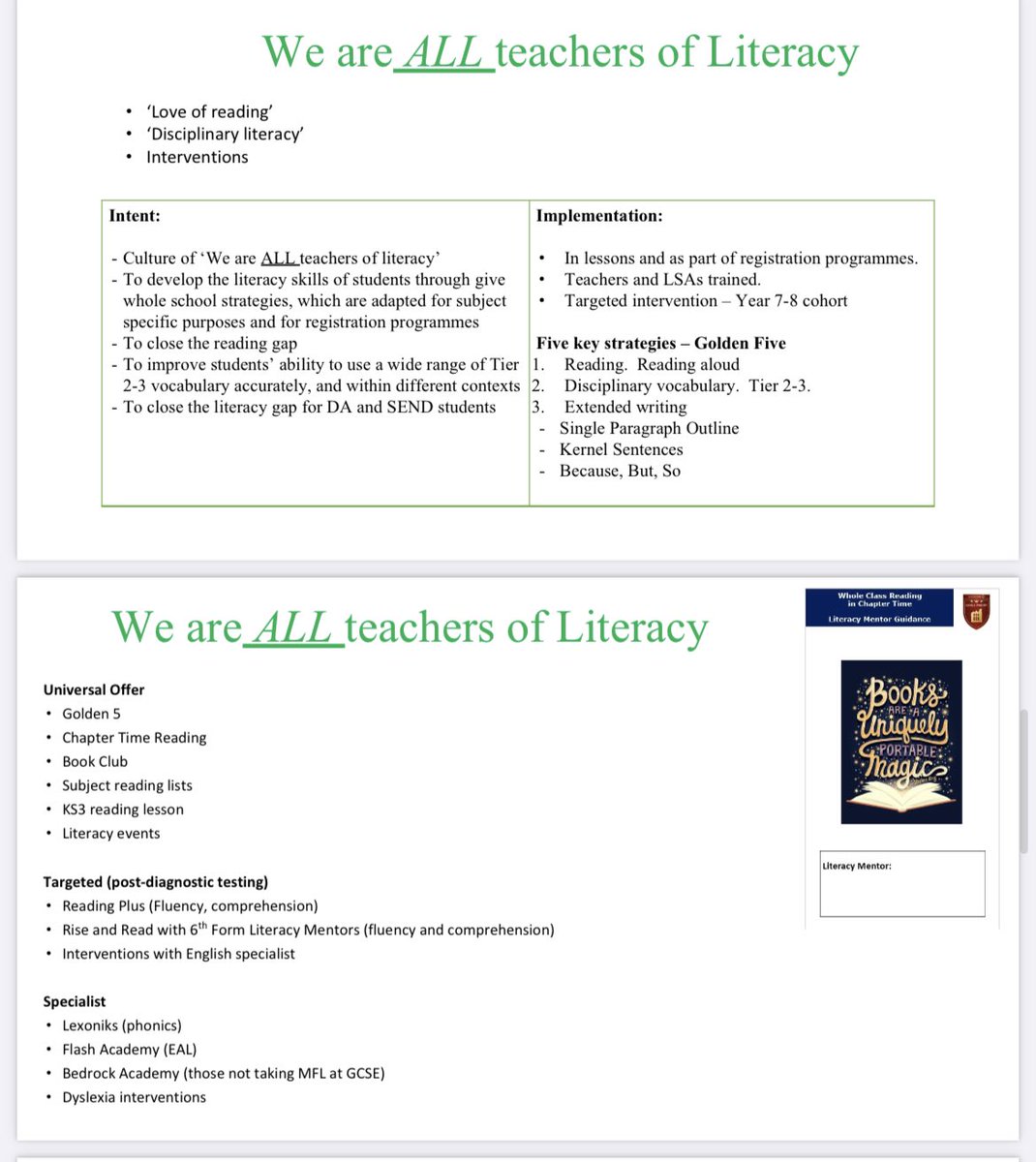
In our whole class reading and subjects, teacher led modelled reading allows for experts to model reading and utilise rich reading strategies to model how to read effectively and successfully 3/10 
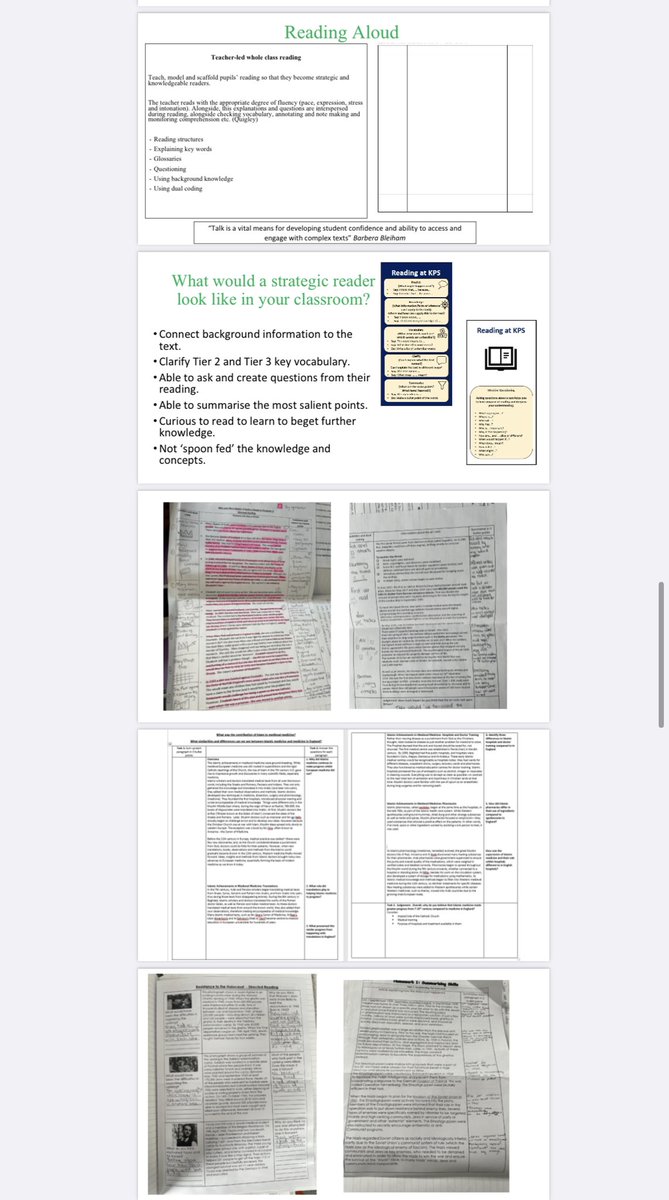
We have also focused on explicit vocab instruction (which we will zoom in on more Yr2) as reading needs vocab+background knowledge.
Frayer model as whole school method for explicit instruction, mapped across all subjects for inter-discipl match up 4/10




Frayer model as whole school method for explicit instruction, mapped across all subjects for inter-discipl match up 4/10
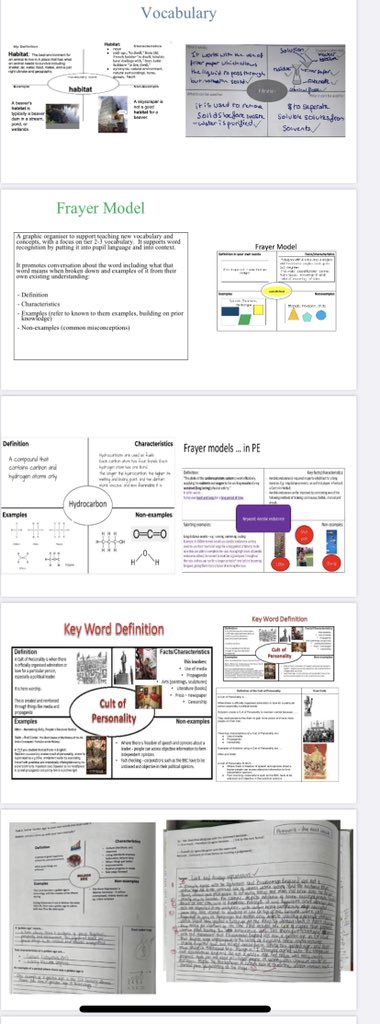
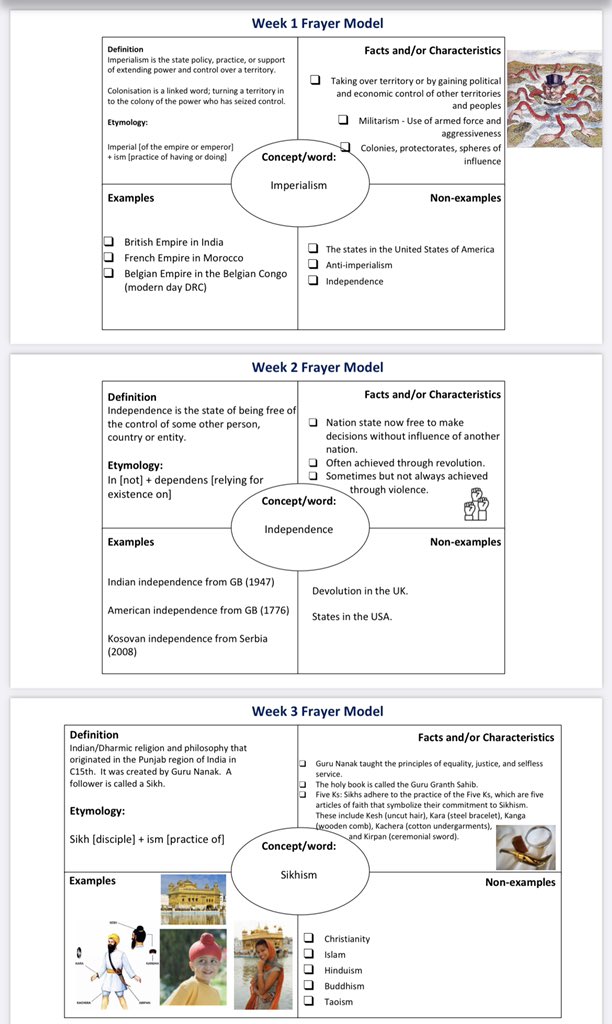
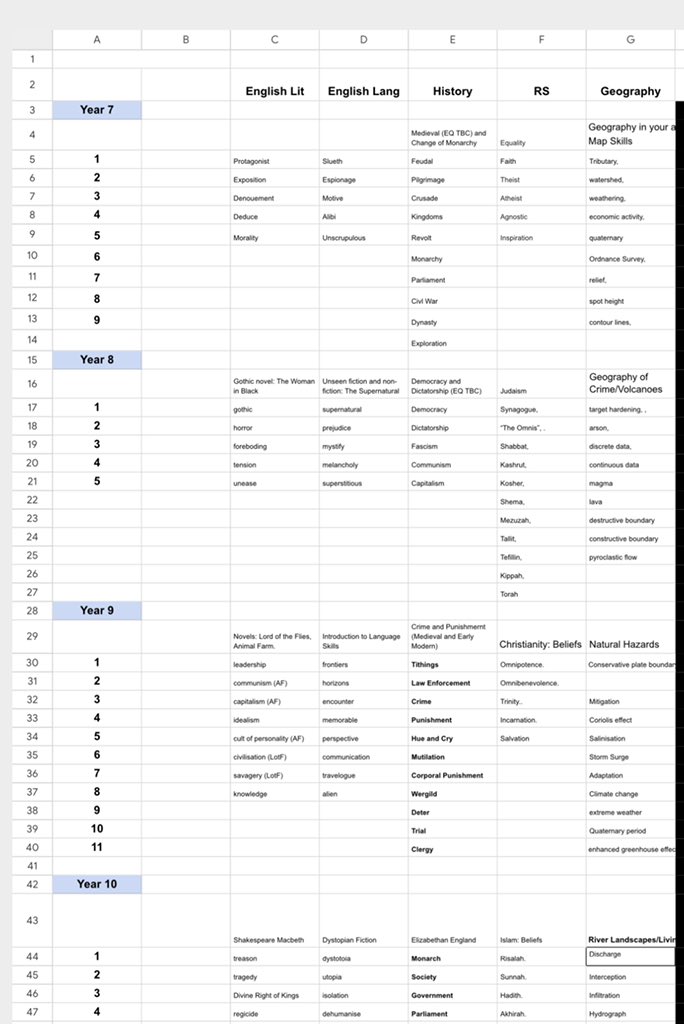
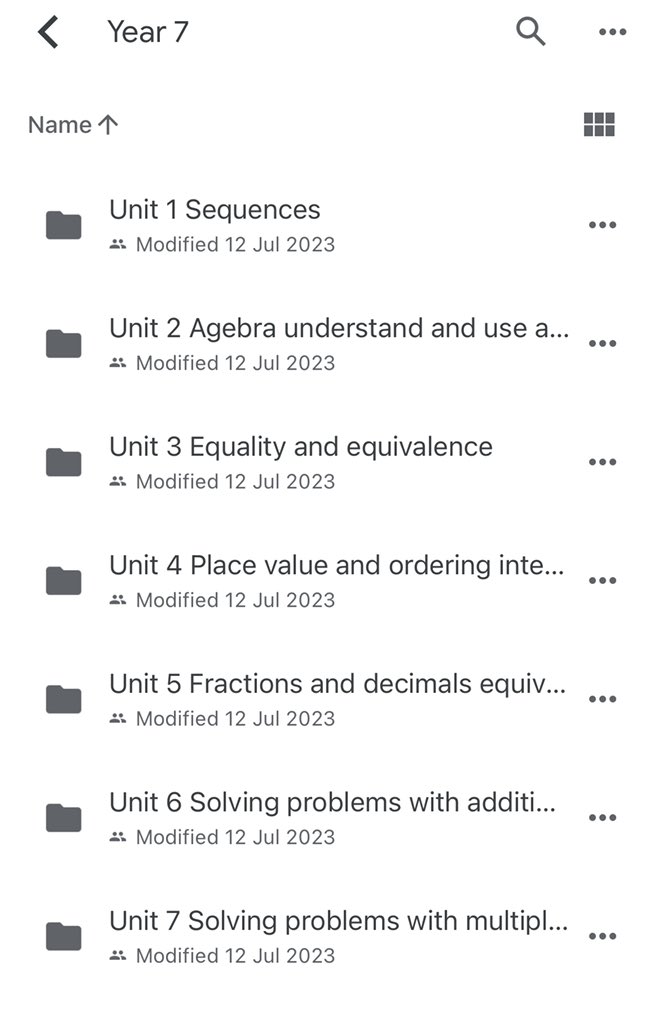
Implementation is key. Ensuring a diet: whole school, dept & personalised CPD to support the principles outlined by @PepsMccrea to ensure buy in and the development of expertise and confidence. Being clear with the WHY reading = v.important 5/10 @marcrowland73


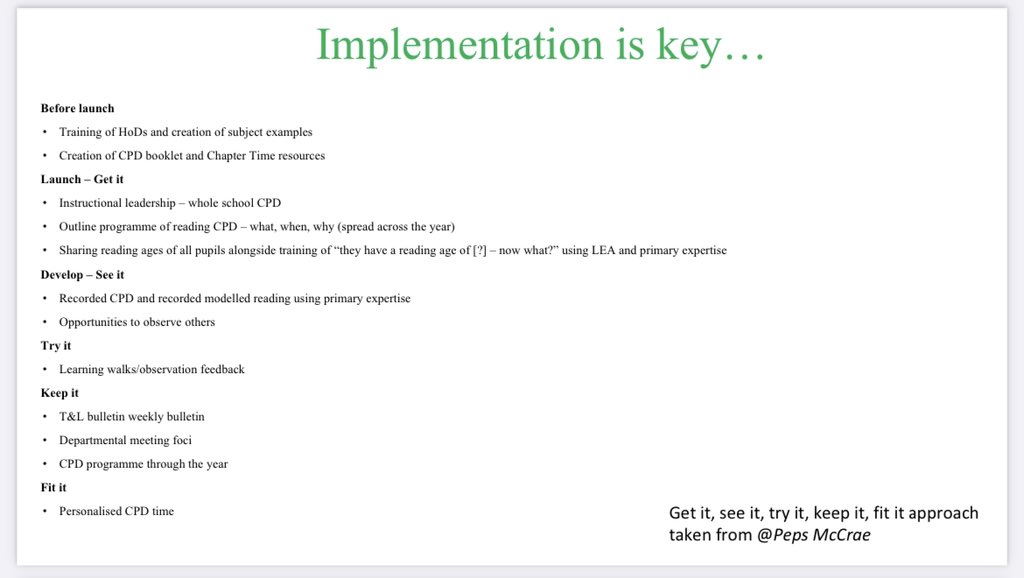
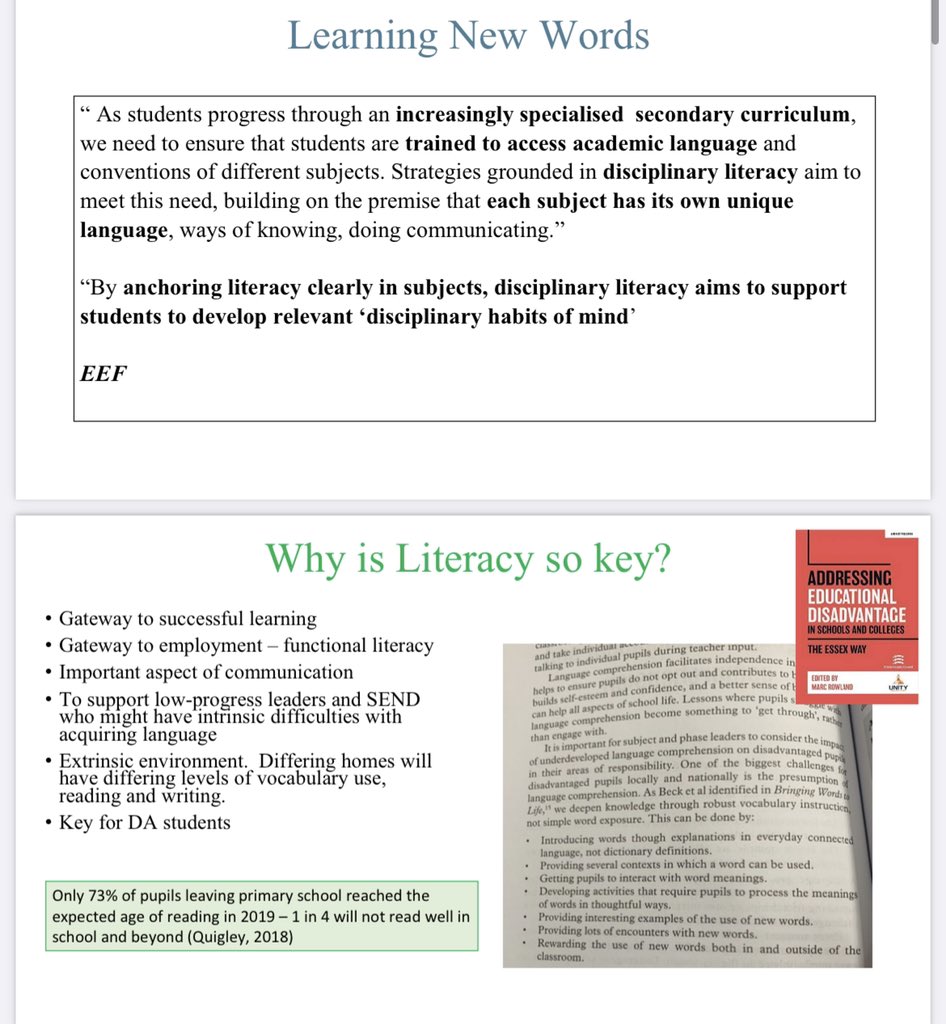
Whole school reading prog.
Sustained CPD programme+booklets, recorded CPD, modelled walk thru by primary staff, research summaries.
Crib sheets of texts to be read to support staff knowledge+confidence
Modelled reading +key vocab for chapter on frayer 6/10




Sustained CPD programme+booklets, recorded CPD, modelled walk thru by primary staff, research summaries.
Crib sheets of texts to be read to support staff knowledge+confidence
Modelled reading +key vocab for chapter on frayer 6/10
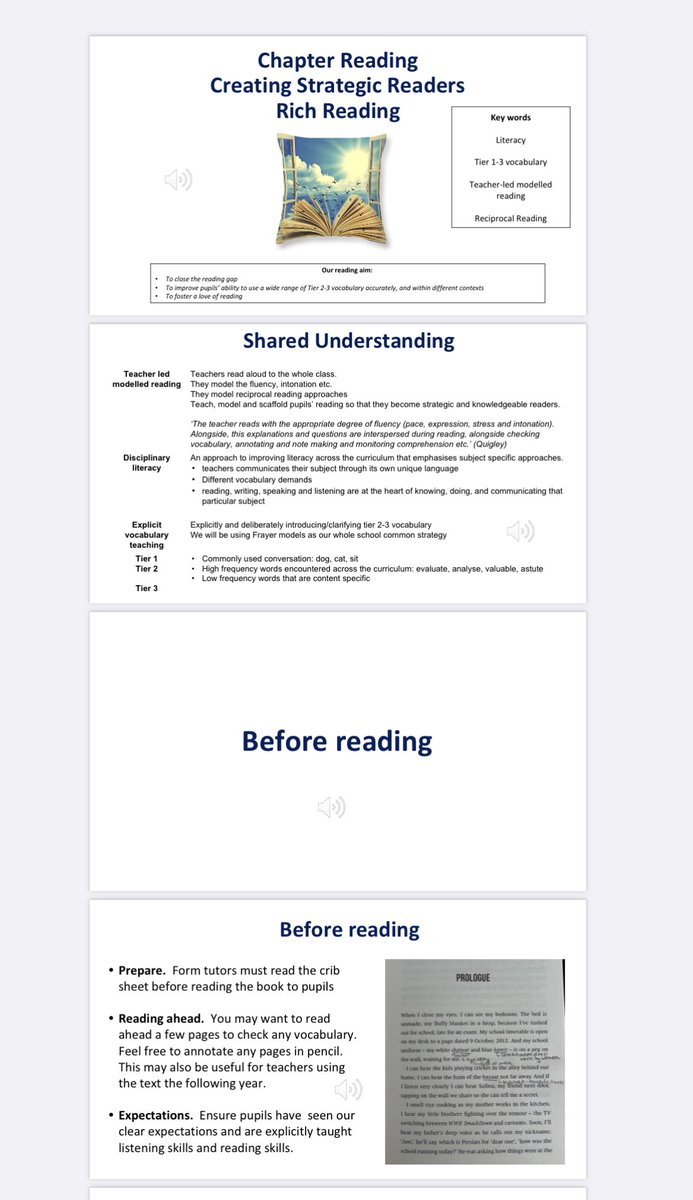
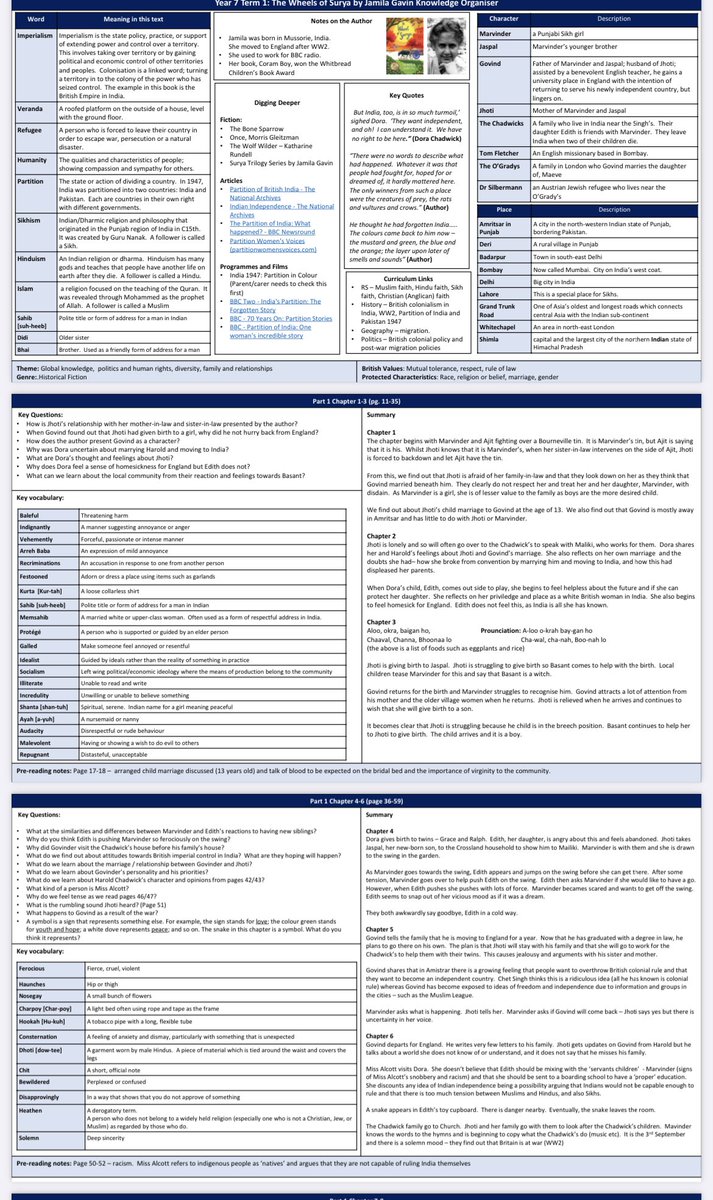
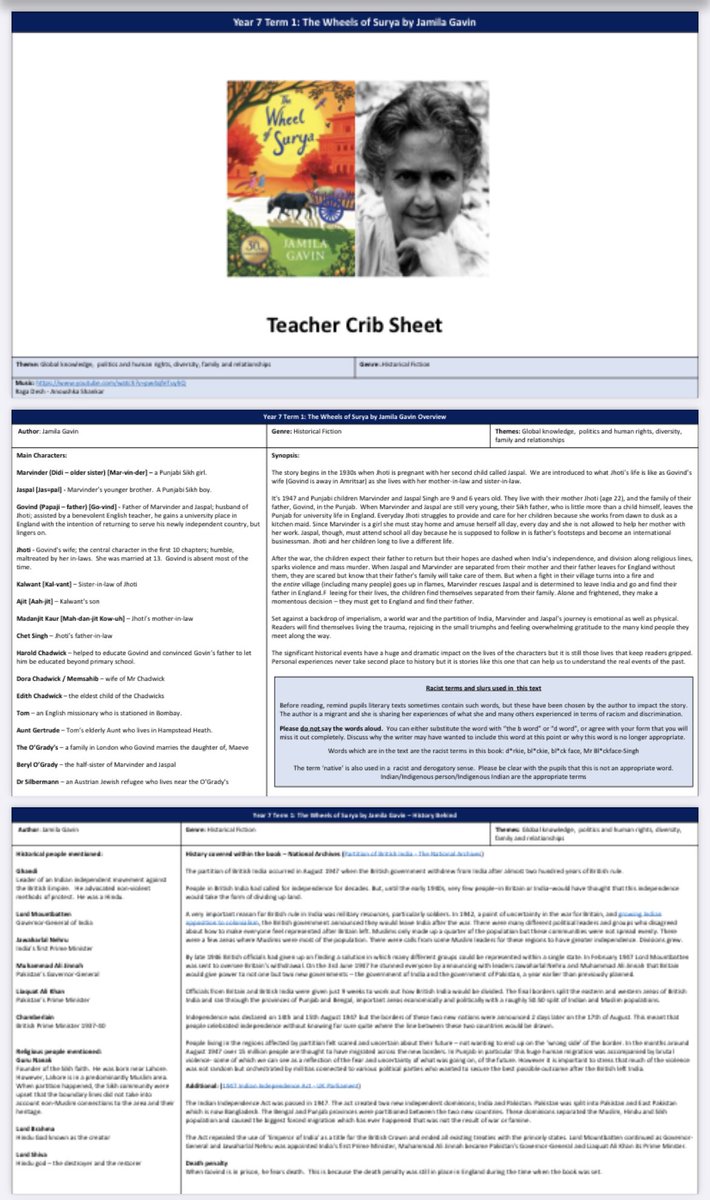
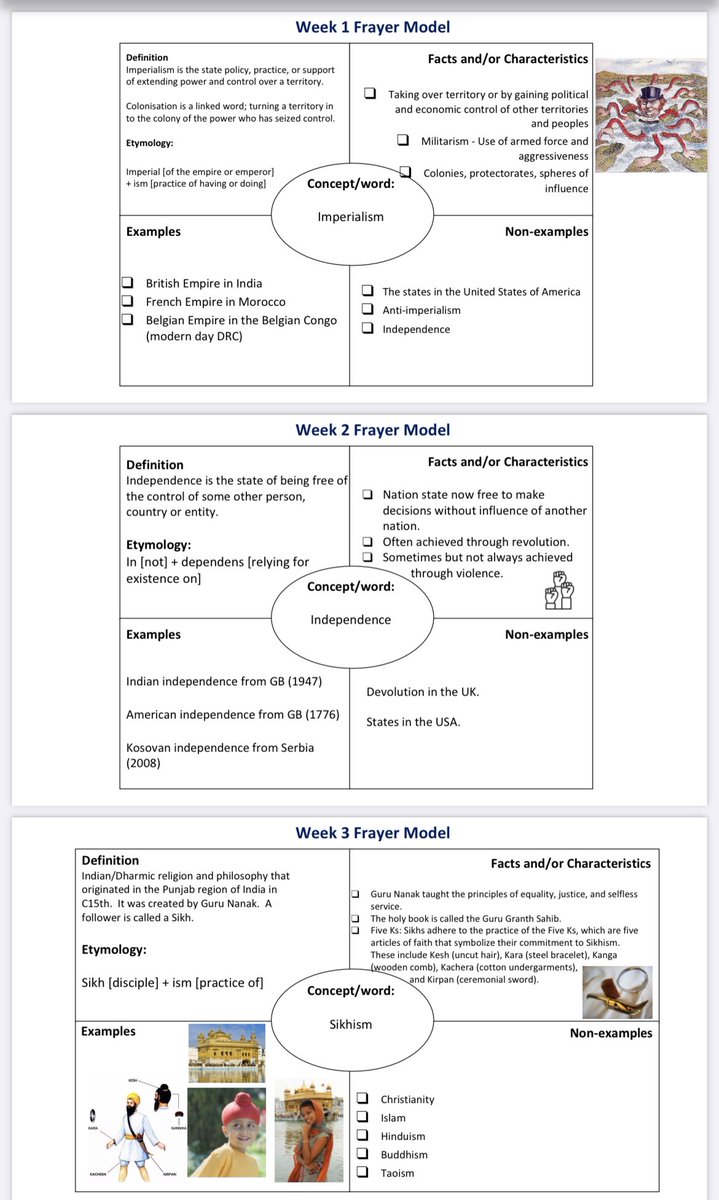
Explaining the why, what and how to the pupils is major. They need to buy in too and know the purpose of disciplinary literacy and whole school reading.
Explaining why (tutors, teachers, assemblies) incl. booklets, recorded ppts, modelling and reinforcing routines 7/10



Explaining why (tutors, teachers, assemblies) incl. booklets, recorded ppts, modelling and reinforcing routines 7/10

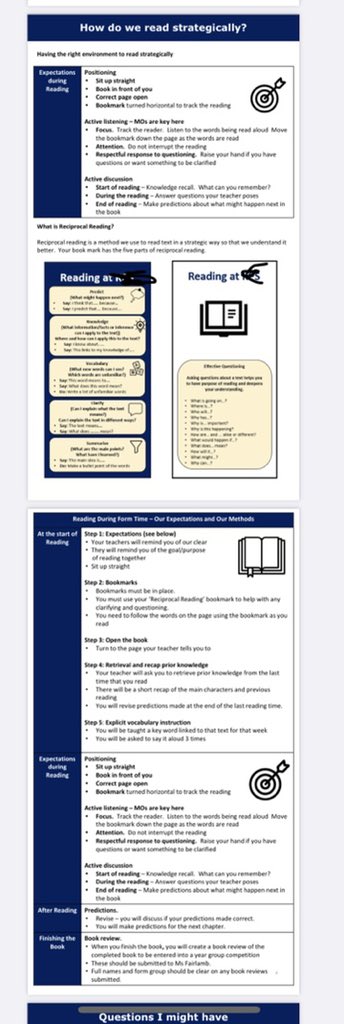
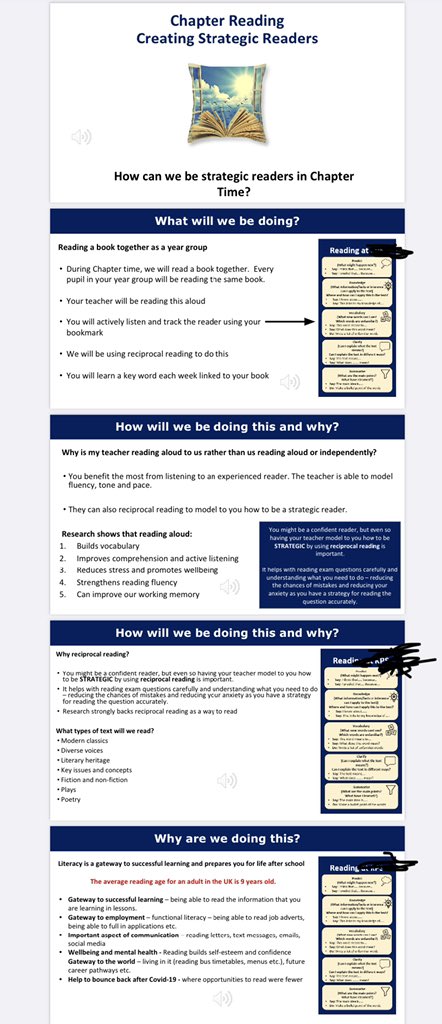
Subject reading lists within subjects to provide recommendations to pupils and parents - building on @Literacy_Trust research about the power of recommendations 8/10



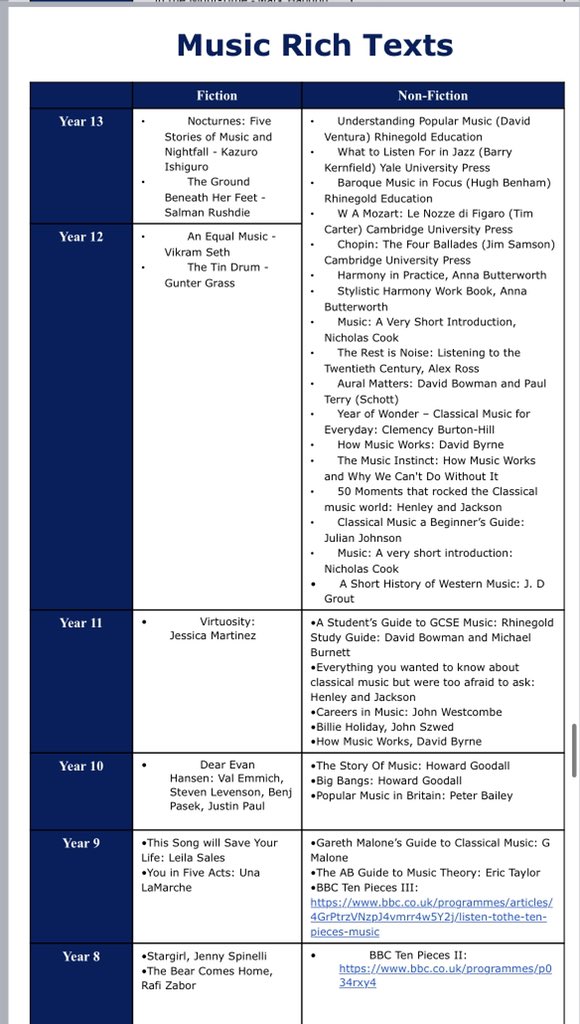
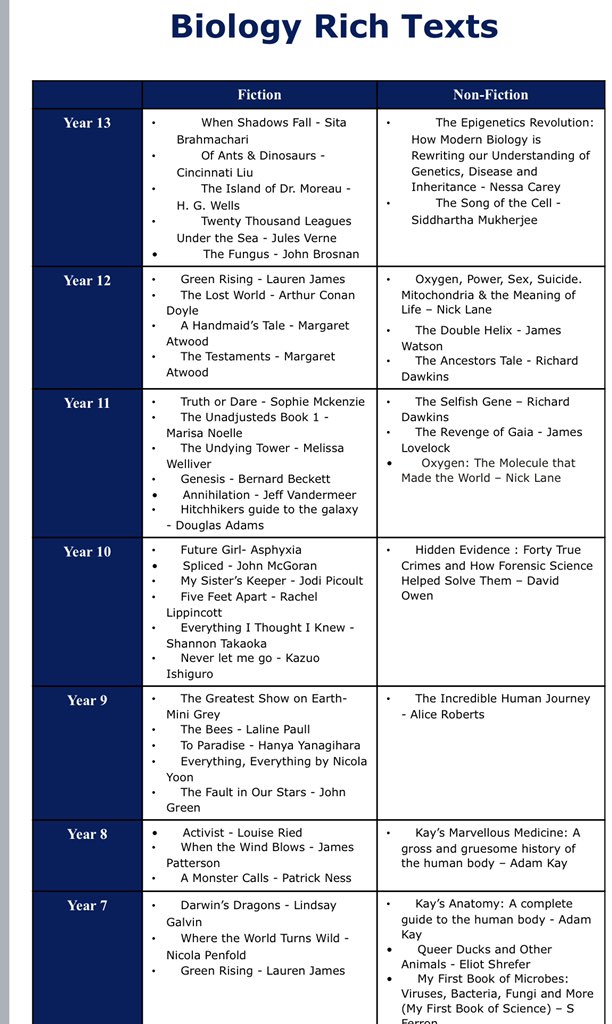
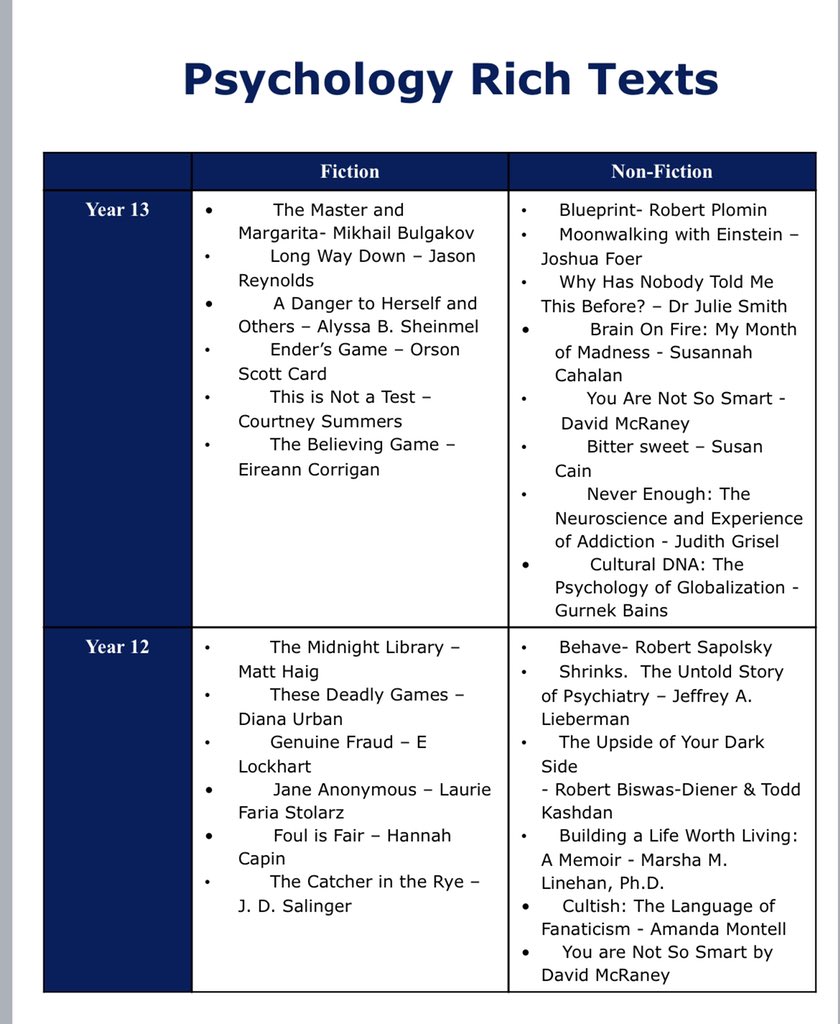
Our three writing strategies will be implemented in yr3, once reading and vocab strategies are embedded.
Using Writing Revolution strategies within subjects, which are translated into subject specific practice to be used when appropriate for the discipline 9/10


Using Writing Revolution strategies within subjects, which are translated into subject specific practice to be used when appropriate for the discipline 9/10
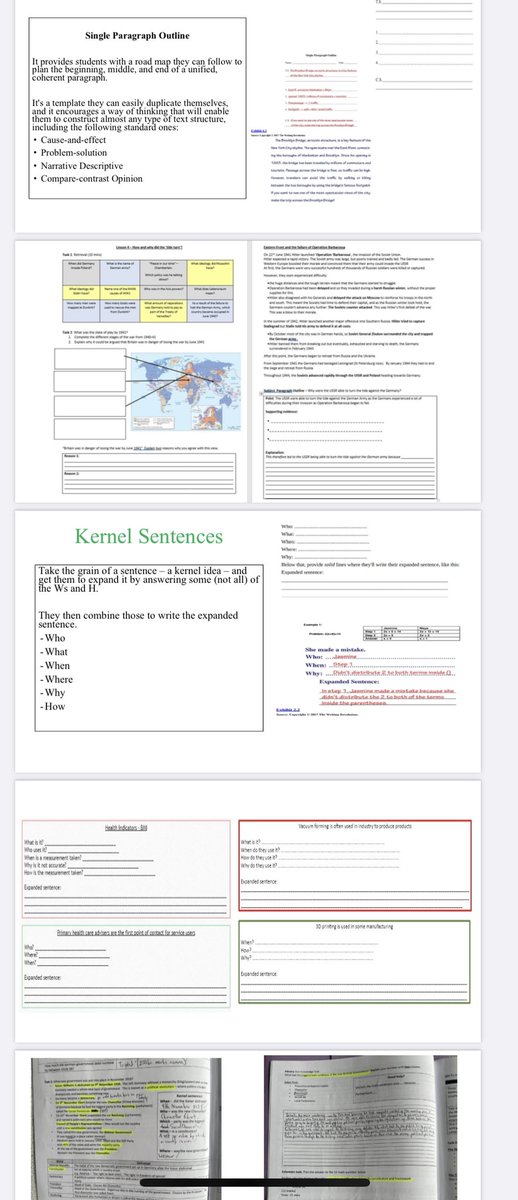
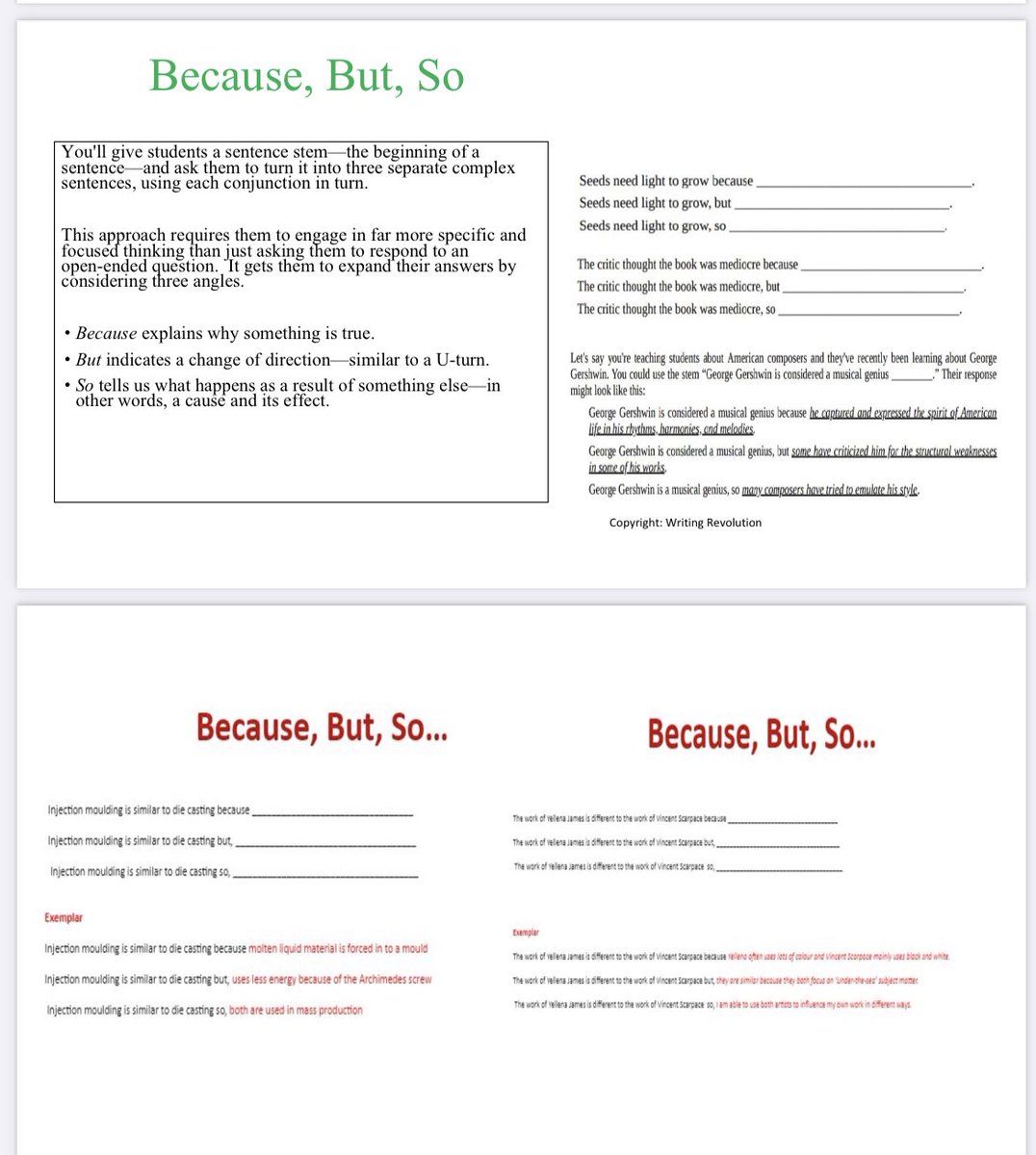
Research which was essential to creating this plan came from: @EducEndowFoundn @AlexJQuigley @Suchmo83 @marcrowland73 10/10




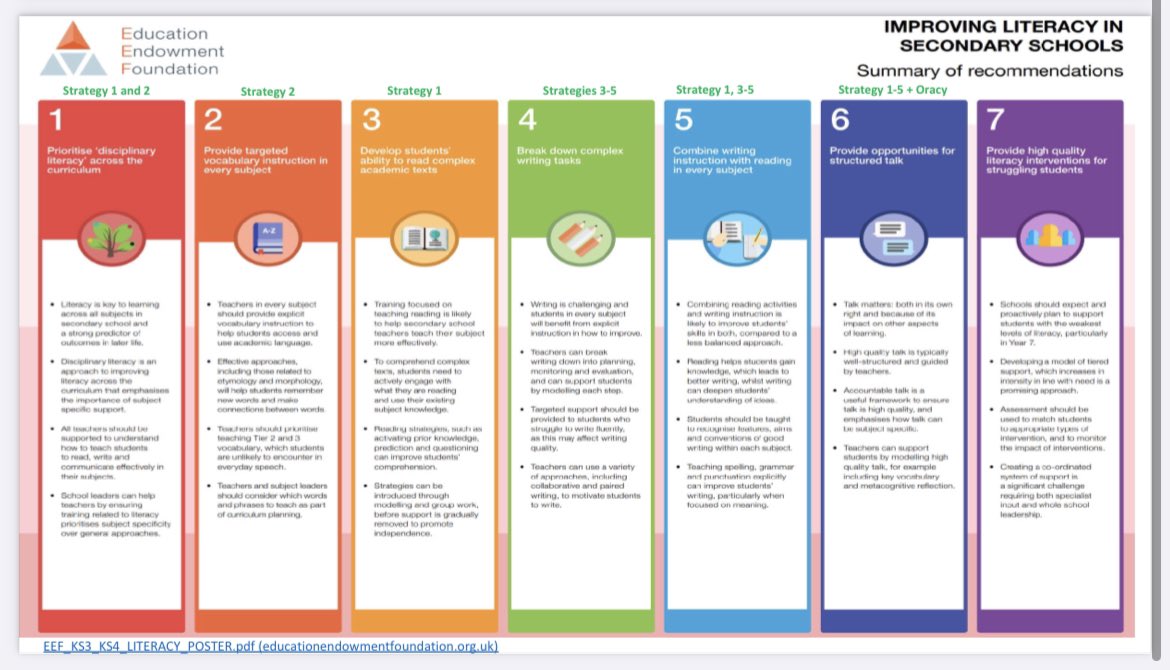
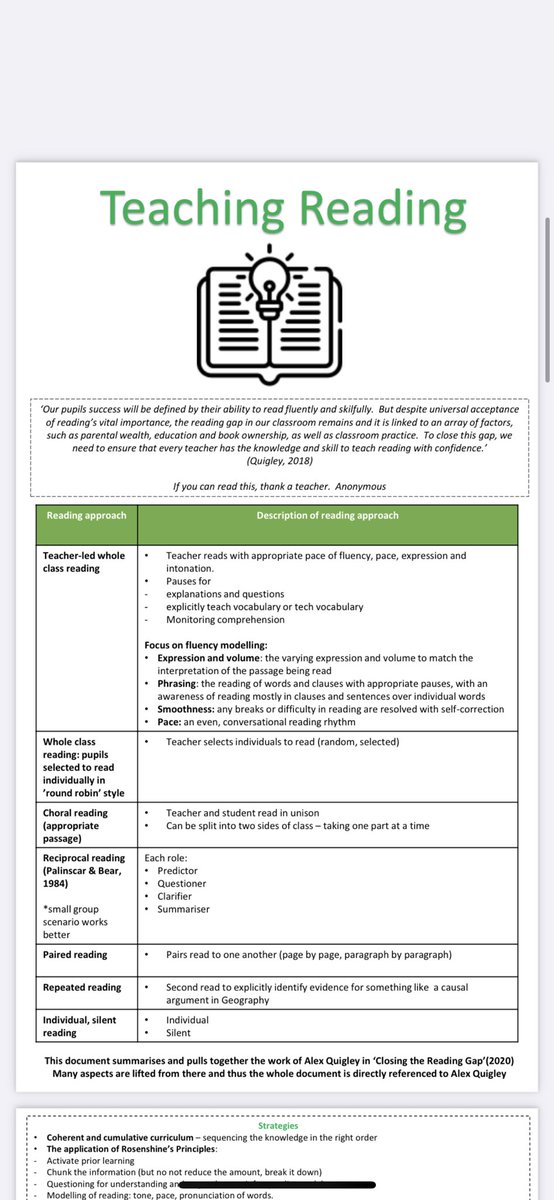
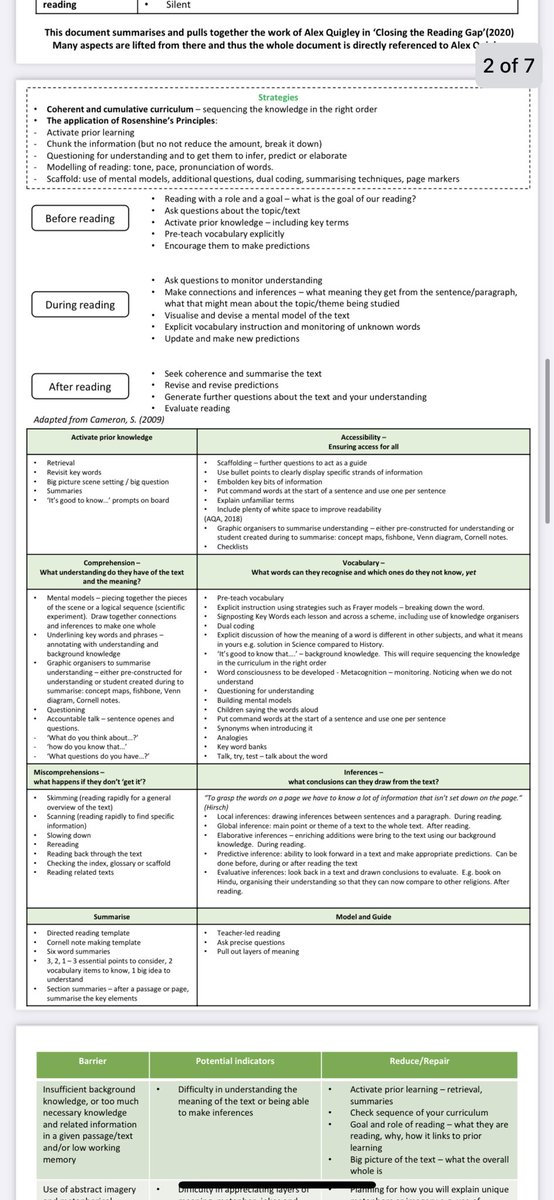
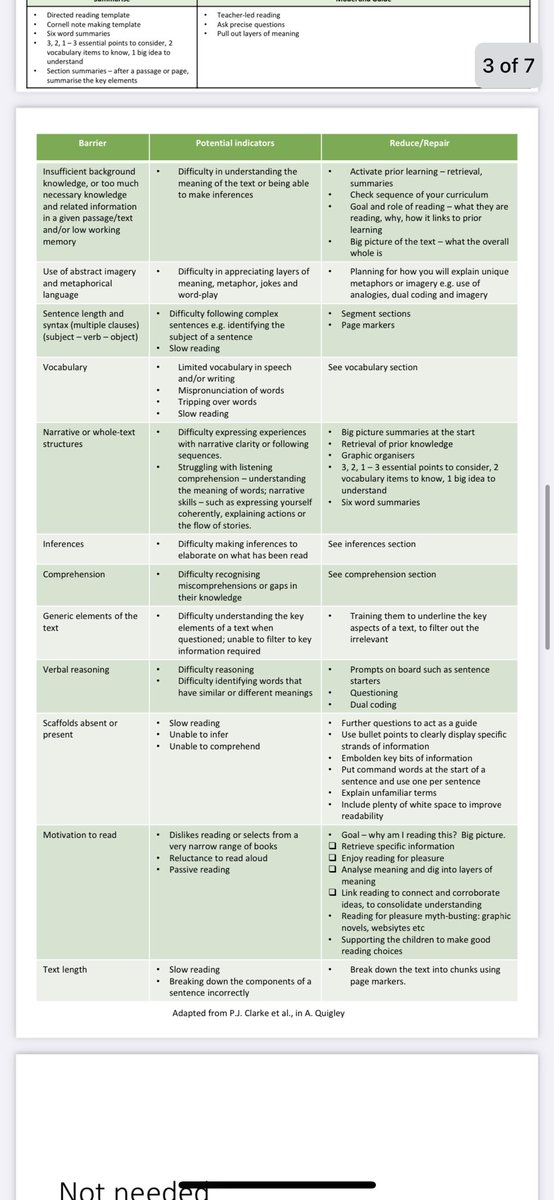
@EducEndowFoundn @AlexJQuigley @Suchmo83 @marcrowland73 A big thank you to these legends for attending my session in temperatures hotter than the sun!
“EMURIENT GROF!”
“EMURIENT GROF!”
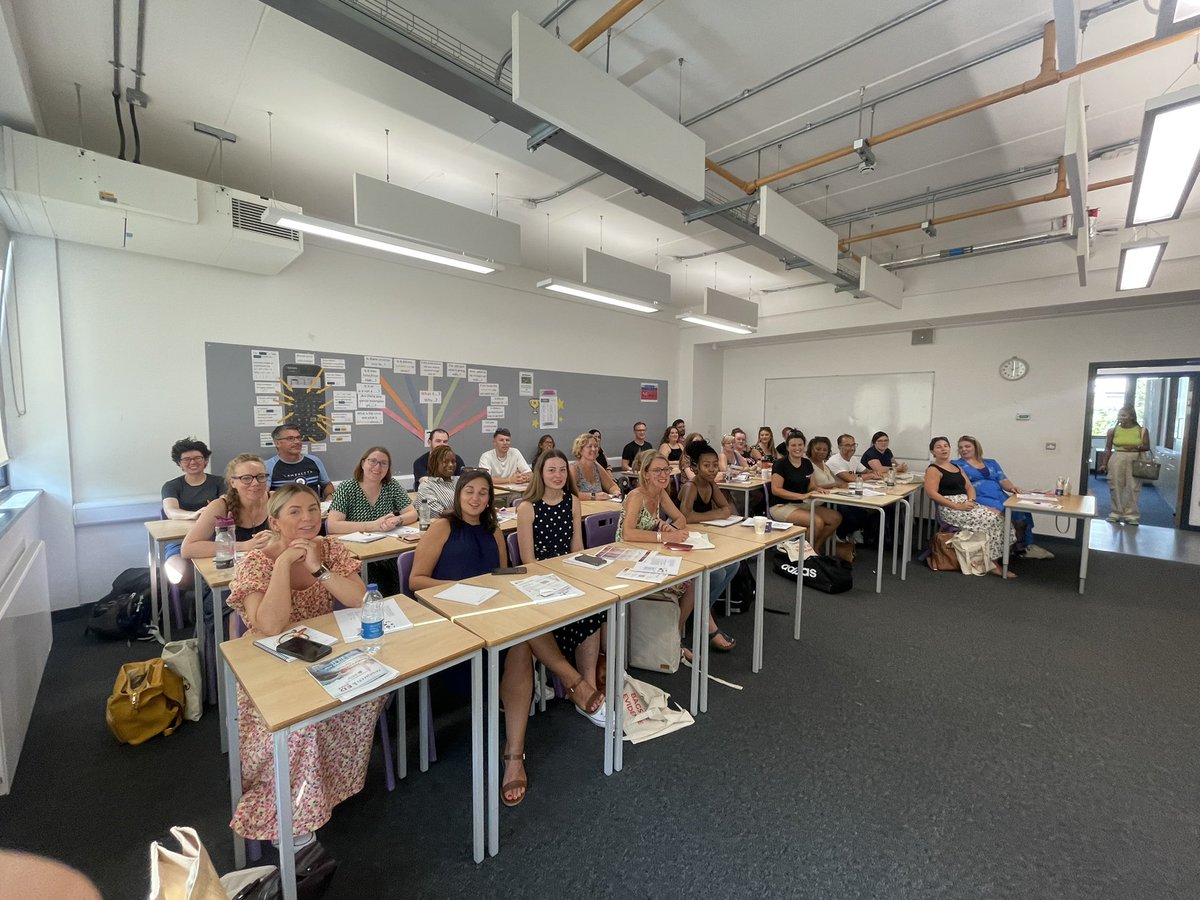
• • •
Missing some Tweet in this thread? You can try to
force a refresh

 Read on Twitter
Read on Twitter

